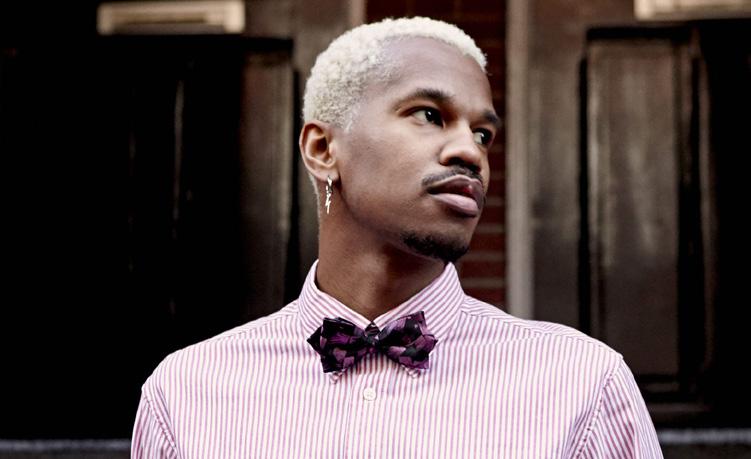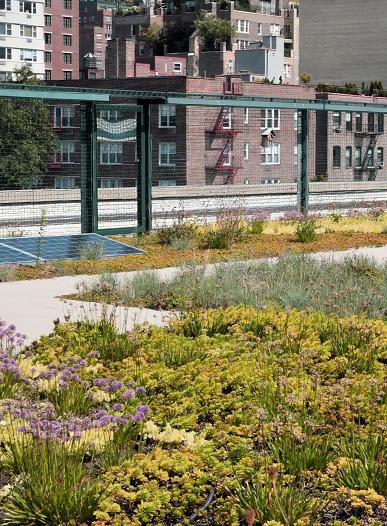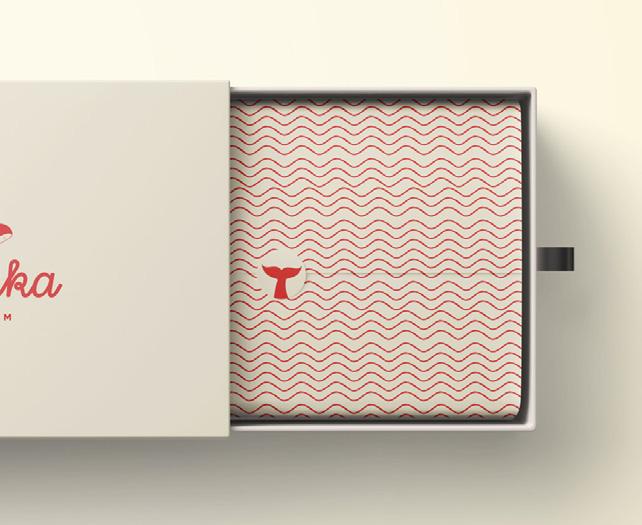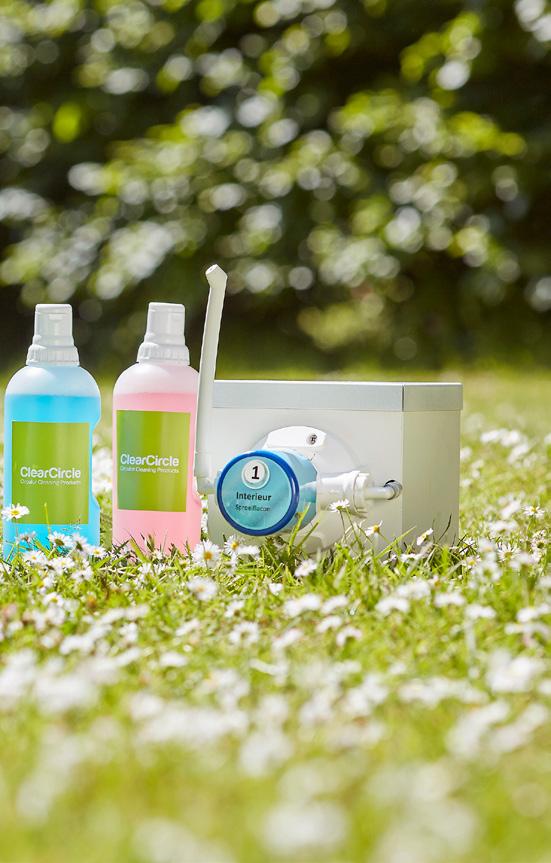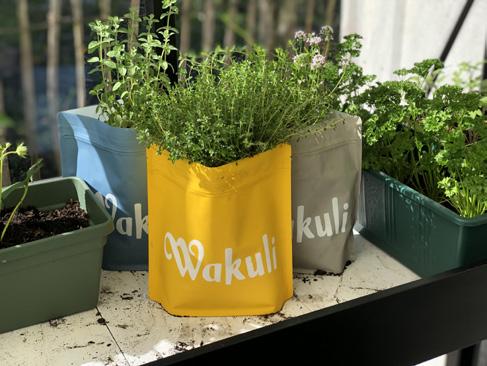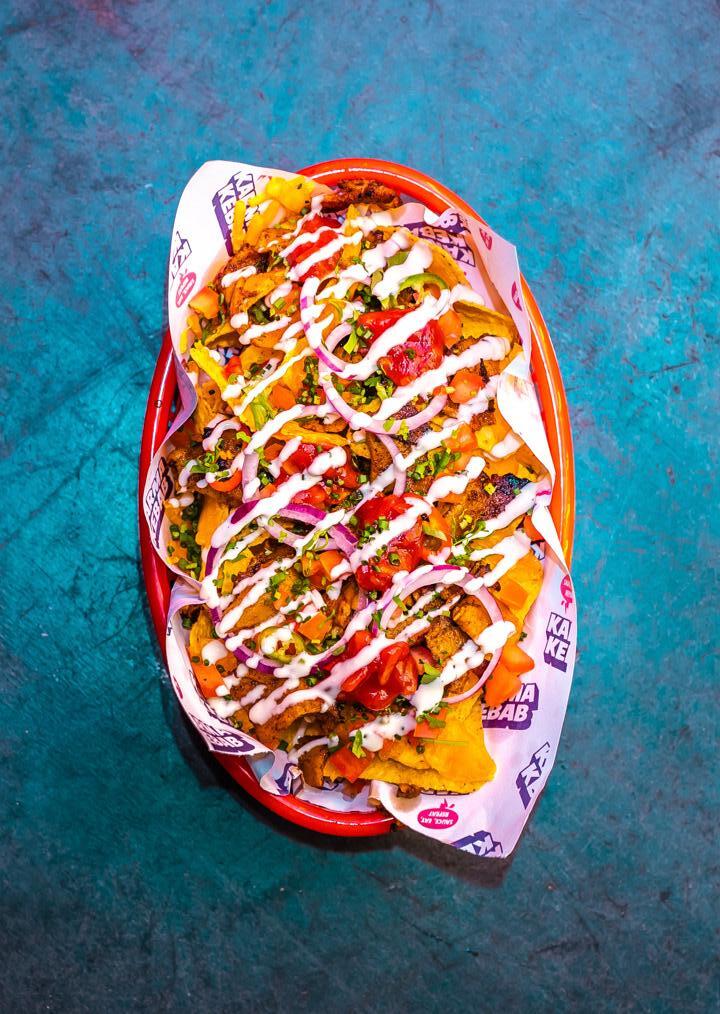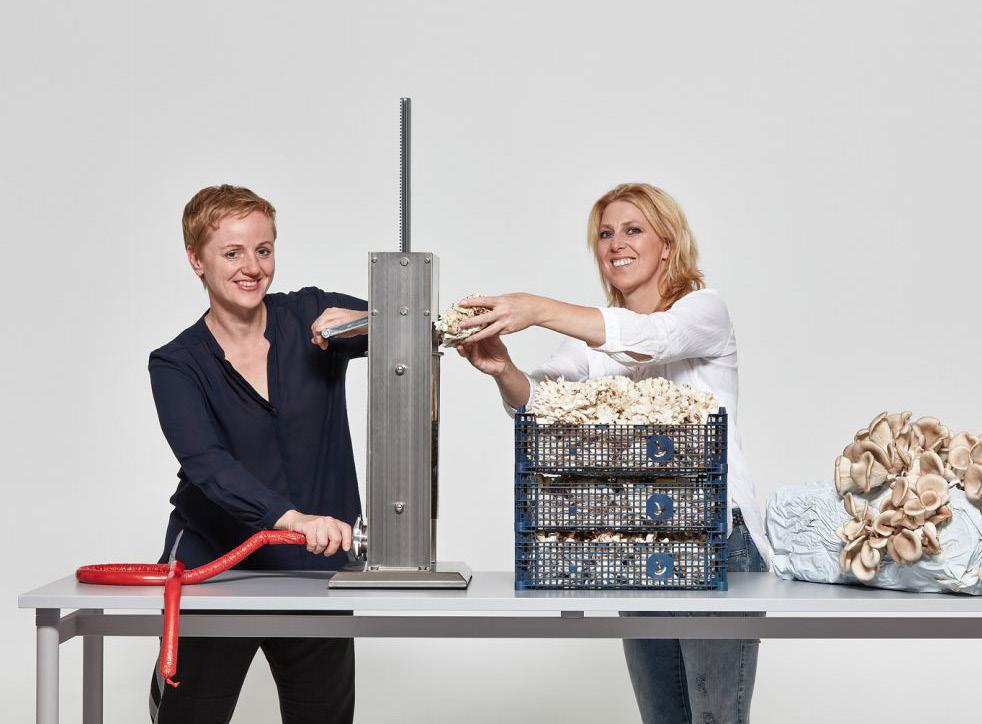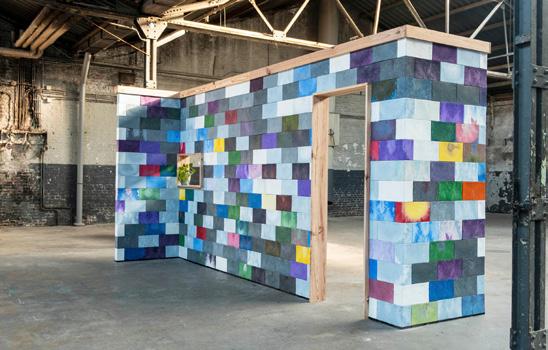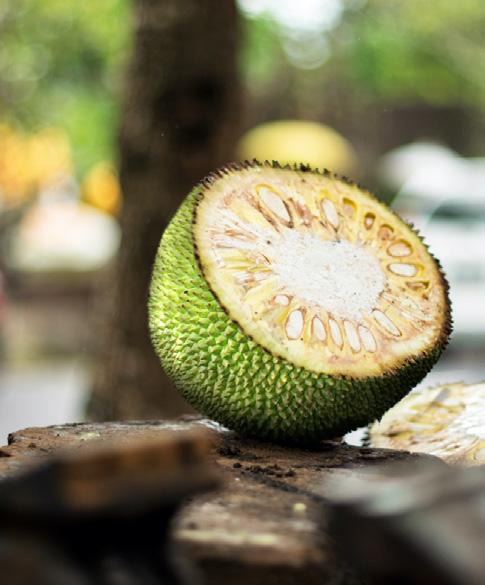Impact Report 19/20





















Impact Hub Amsterdam is part of the fastgrowing global Impact Hub network of impact entrepreneurs and innovators with more than 16,500 members in almost 100 cities worldwide. Our purpose is to build a new economy that works for all, where impact is the norm. Our passionate, entrepreneurial team has already helped more than 4,000 companies to become more sustainable and make more impact.
Our work uses an ecosystem approach because the complex issues our society faces cannot be solved alone. They ask for collaboration. Our ecosystems focus on the food sector, circular economy, inclusive society, and fashion industry.
Through our ecosystems, startups, SMEs and organisations can activate their first steps in sustainability, get matched with innovative solutions to make a positive impact with their business, and accelerate their impact through capacity building programs.
The Sustainable Development Goals (SDGs) provide a roadmap for solving challenges ranging from widespread poverty and rising inequalities to environmental degradation and climate change by 2030.
We share the latest impact research, which we lead in collaboration with our clients and partners. Read our publications on key topics and industries, such as a resilient economy and the agri-food sector, or discover sustainable solutions in our Impact Nation reports.
Activating your first steps in sustainability starts with our Define your Challenge workshop. Our workshops help you identify pressing impact challenges, set clear goals, and build a strong foundation for your impact initiatives. After this, you can choose from our other Activate services or go directly to our Source & Match and/or Accelerate services to boost impact solutions.
• Learn about the latest impact and sustainability trends.
• Support impactmakers by sharing your knowledge and expertise.
After our Define your Challenge workshop, you can choose to:
• Activate with your employees and do teamwork on impact goals.
• Activate with stakeholders through, for instance, external impact events and action days.
Get matched, as a SME, large organisation, or investor, to innovators with solutions to your sustainability challenges and get support during the collaboration and implementation phases. We make use of our existing databases, international reach, and network of industry experts to find relevant impact ventures across over 100 Impact Hub locations in 60 countries, across five
Together with your organisation, we design tailored, modular programs to boost impact solutions. Impact Hub has more than 12 years of experience in co-creating and running online and on-location entrepreneurship training programs, coaching trajectories, and masterclasses.
continents, and our broader community of over 16,500 entrepreneurs.
• Connect to impact innovations for your organisation, SME or investment portfolio.
• Create a competition or challenge to ignite change in your industry.
• Help impact entrepreneurs to start, grow and scale their business.
• Implement innovation in your organisation and/or launch new market solutions.
It wasn’t until last year we all got a glimpse of what cleaner air, free animals, home with the kids, reduced crowds and fresh local produce could bring us. And we liked that little preview of a possible sustainable future, didn’t we?
As the speeding train stopped and gave us the opportunity to step out of the train and choose another destination, the vision for a sustainable society we once held far off on the horizon came closer.
Covid19 both in the Netherlands and abroad has caused significant turmoil and great excitement. Turmoil because every business model in our sector has been tested and many turned upside down, many financiers retracted to look after their own resources in a time of economic contraction, and customers had to cut contracts as their businesses suffered setbacks. Excitement as the conversation for a green and inclusive future has become more mainstream, companies and investors have started looking actively for alternate solutions to be able to make the shift, and our Impact Hub has attracted the attention of policymakers locally and globally eager to design new ways forward towards a new economy.
2020 marked our entering what promised to be our strongest year yet. Perhaps one day we’ll look back and reflect: yes it was a hard hit but we came out stronger… indeed, our programs succeeded digitally, our reach expanded, our ambition strengthened, our team was super-resilient, and our partners stood by us through it all. We are proud to share here the highlights from our community and offerings over the last 2 years. But we also want to mention up front some initiatives dear to our Hub hearts that we delivered in response to the fallouts of Covid19, with gratitude to our partners in these specific efforts: Accenture, Amsterdam Impact, Goldschmeding Foundation, LNV, Social Enterprise NL, Starters4Communities, Stichting DOEN.
To put impact entrepreneurs forth as critical contributors to a post-pandemic green and inclusive recovery, we wrote Towards a More Resilient Economy and soon after we launched the RE:silience Program to support impact-driven companies and equip them with the tools to emerge from the Covid19 crisis stronger than
before, followed by the RE:silience MRA an onlineonly version of the program specifically for impact entrepreneurs from the Amsterdam Metropolitan Area (MRA). Also, our Young Impactmakers community pitched in extra time to help social startups in need find their way to solutions with YIM Bright Minds for Covid, And as food access and waste was a big issue with disrupted supply chains, we dove in with our food entrepreneurs to unpack how a crisis can accelerate the transition to a more sustainable food system; read our learnings in our COVID19 as a Tipping Point food report.
As the pandemic recedes, as it will, and we “go back to normal” (whatever that is now) let us be careful and caring in the choices we make. The issues we have created over decades did not go away. Our society needs business and policymakers, funders and citizens to all to make bold new choices to make a future that is better for all. The issues we face, along with those amplified by the pandemic, need systemic and agile responses - and our impact entrepreneurs are ready to collaborate for impact.
Impact Hub in the Netherlands has been supporting 1000s of startups and a growing number of SMEs and organisations to move forward, and we hope you enjoy reading about it in this Impact Report. We are an essential partner in societal regeneration. Our community is an ally in moving forward an economic recovery that is aligned with the SDGs. We need the collaboration of corporates for their strength and reach, SMEs for their being a backbone of employment creation and startups for their imagination and inventiveness. It’s our mission to make impact the norm.
Impact Hub is ready to work with you to make this happen. Are you? Join us. Let’s Hub!
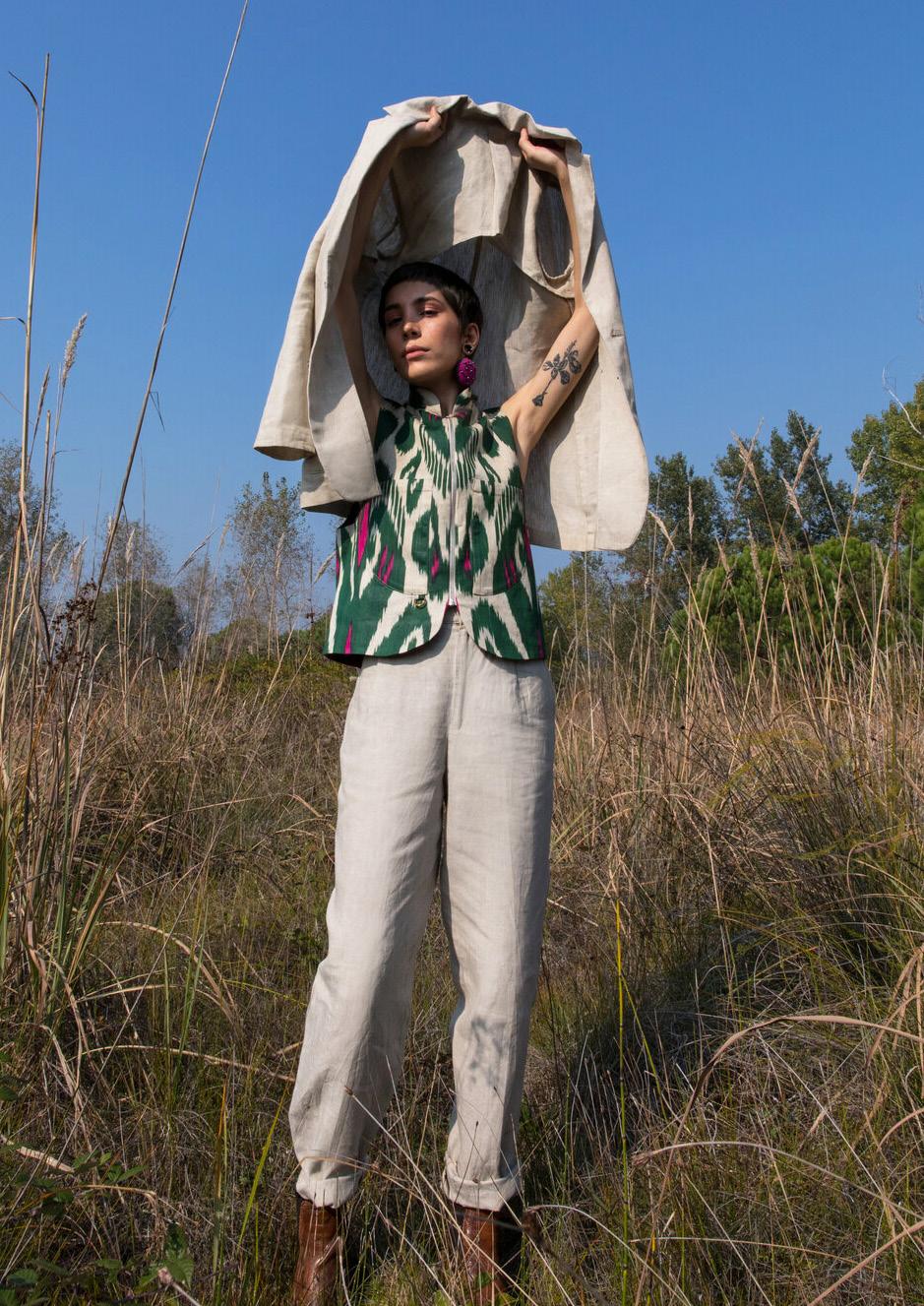
Combining what we have learned from ecology with what we have mastered in community, our theme-based ‘ecosystems’ offer fertile ground for exploration, experimentation and applied action. We believe that intentionally curated relationships oriented on shared purpose - and fuelled by entrepreneurial action - contribute to tangible transition in key issue areas.
Our current 4 ecosystems are focused around the themes: Food, Circularity, Inclusion and Fashion. We have selected these impact areas based on relevance within our local/regional context, demonstrated innovation through impact entrepreneurs active in our community, and how they advance multiple SDGs. As we call for a new economy, one that is nonextractive and based on regenerative lifesystems, we need to move beyond utilitarian and transactional networks into the art of building healthy social ecologies. We will be sharing more on our practice in the coming year, and welcome partners who are likeminded in advancing such practice in any of these areas.
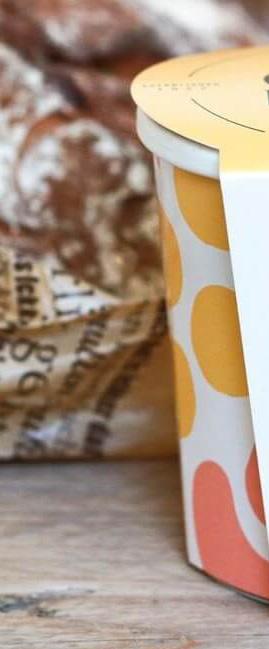
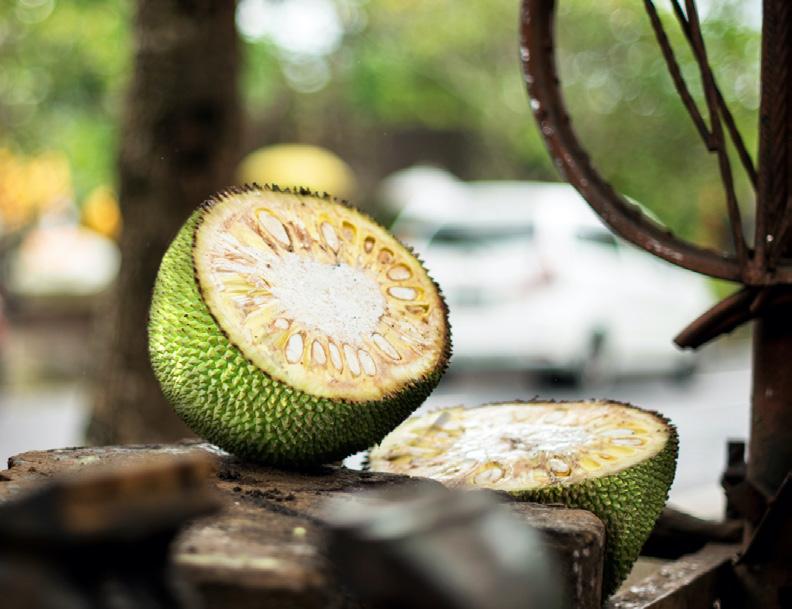
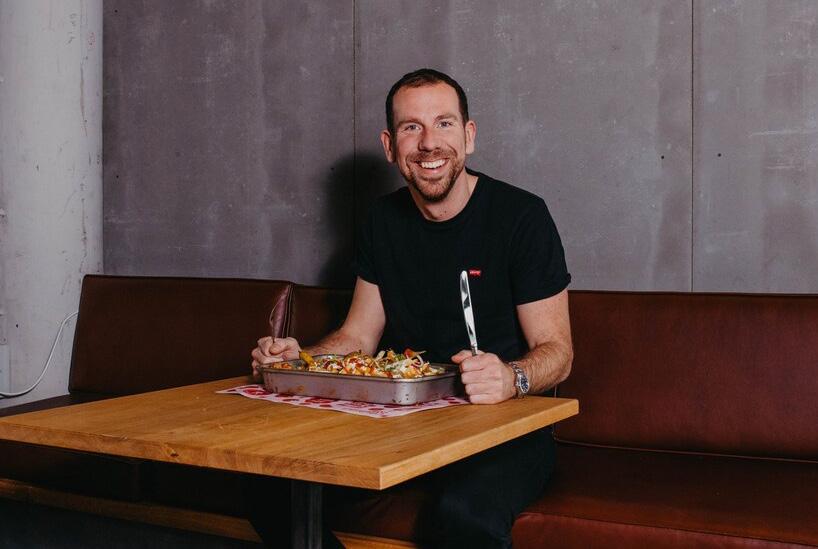 Willicroft
Karma Shoarma
Willicroft
Karma Shoarma
The agri-food sector is one of the most sig ni ficant economic sectors in the Netherlands. In addition, the Netherlands is the second-largest exporter of agro-food products worldwide. This means the choices we make here have global consequences. What if we used this position to make a real impact across the food chain and accelerate the transition to a more sustainable food system?
With a series of events, a community, publications and accelerator programs, we bring together entrepreneurs, investors, consumers, government, corporates, and other organisations to accelerate positive change in the food sector. Check out our 2019 and 2020 highlights.
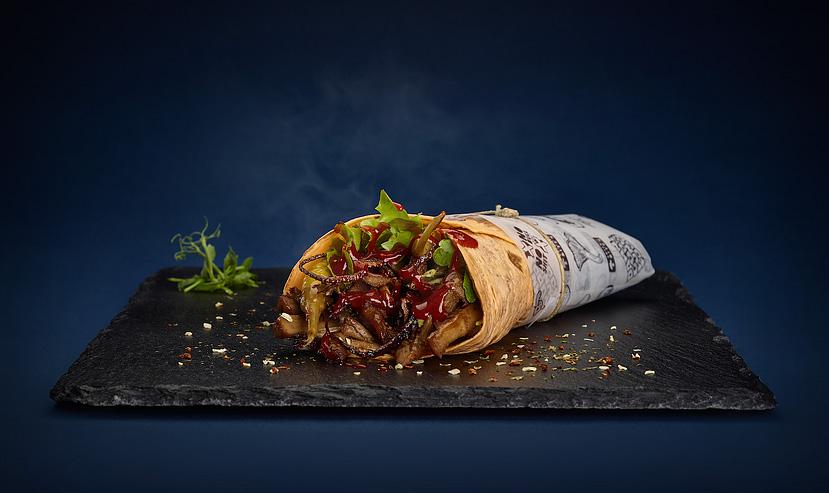
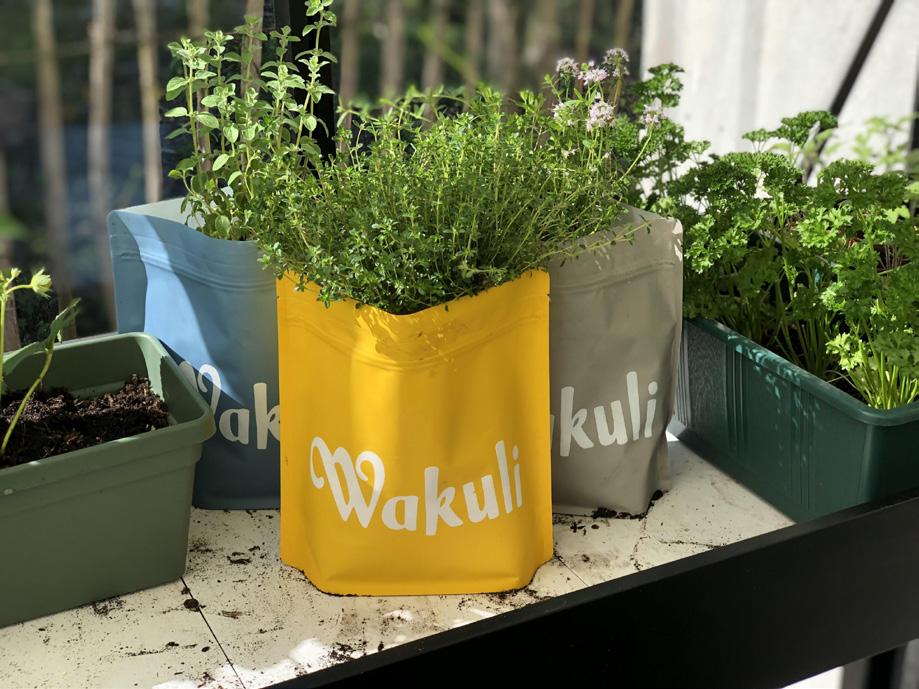
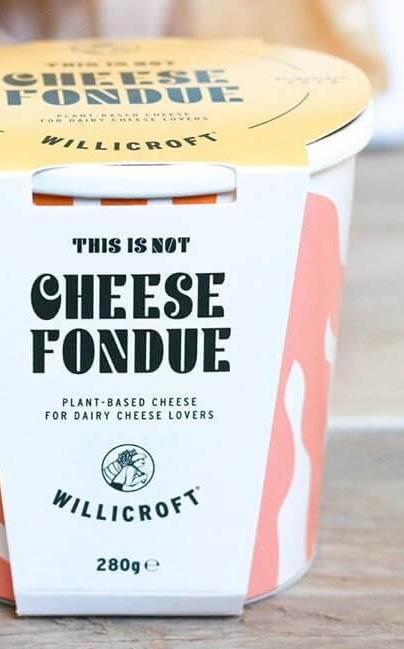
Ten sustainable food startups strengthen their revenue models. With Stichting DOEN, the Ministry of Agriculture, Nature and Food Quality (LNV), Food Hub and Commonland, we contributed to a more sustainable food system with our fivemonth Impact the Food Chain Accelerator. Startups received 13 days of training and strategy sessions at Impact Hub Amsterdam, with one-on-one guidance, individual legal and strategy advice, and a peertopeer approach. By the end of the program, ten startups that focus on shorter and fairer value chains or sustainable food products developed validated business plans that helped them take their business to the next level.
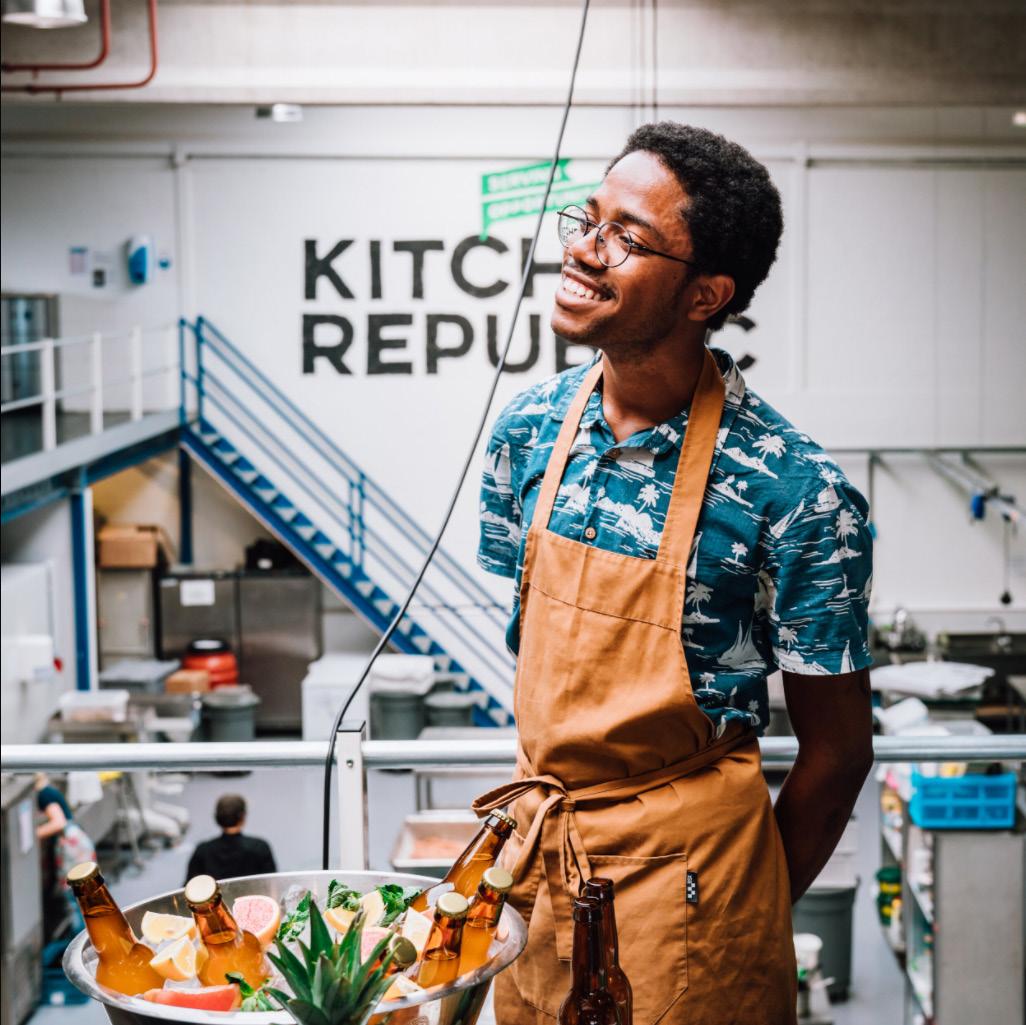
Sharing knowledge to accelerate the transition to a sustainable food system. During The Whole Package | Innovation in Food Packaging event, we discussed with Futureproof Community, trends, innovations, and opportunities in food packaging. The Food Ecosystem Meetup was a unique opportunity to learn about our ecosystem approach, including a keynote by Yvonne Faber from FoodHub about the food transition, a panel with Freija Vermeer (Stichting DOEN), Brad Vanstone ( Willicroft) and Kyla Hagedorn (Anu Life) on the challenges and opportunities of being a sustainable food entrepreneur, and ten inspiring pitches from our Business Model Challenge | Food Edition participants. But where would (food) entrepreneurs be without failing? In the Fail Forward | Food Edition, we invited impact entrepreneurs to share their lessons learned and show that experimentation is essential to develop innovative business.

New report collects the lessons learned by shortchain food entrepreneurs. Working towards a new economy with a sustainable food system requires short and fair supply chains, little to no food waste, and a low climate impact. We gathered lessons from five innovative Dutch food entrepreneurs who pioneer in such transition while using shortchain business models. These five pioneers in our Pioneers of the Short Food Chain publication emphasised three lessons: flexibility with the ability to adapt to constant changes; a holistic view, especially while looking at the roots of system design flaws such as low prices or production surpluses; and building a community to support collaboration and accelerate the adoption of the short-chain model.

Collaborating with PwC on research into sustainable food chains. The challenges that the agri-food sector is facing are large and diverse. We teamed up with PwC to explore circularity, short and fair value chains, the protein transition, regenerative agriculture and biodiversity, and technology. All topics on top of the entrepreneurial agenda. The Off the Beaten Track publication shares essential lessons identified by impact entrepreneurs who work towards a sustainable and healthy food supply.
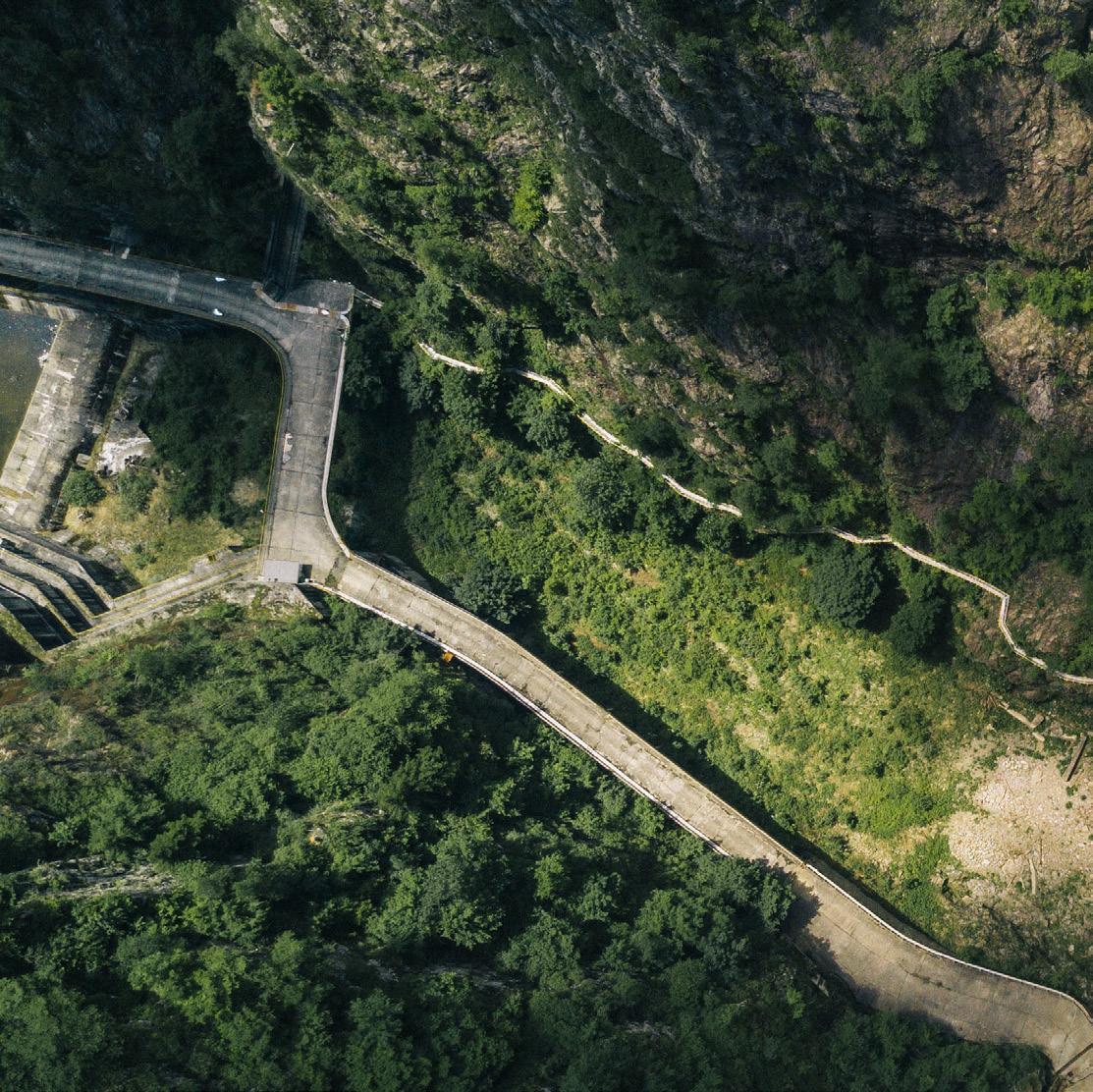
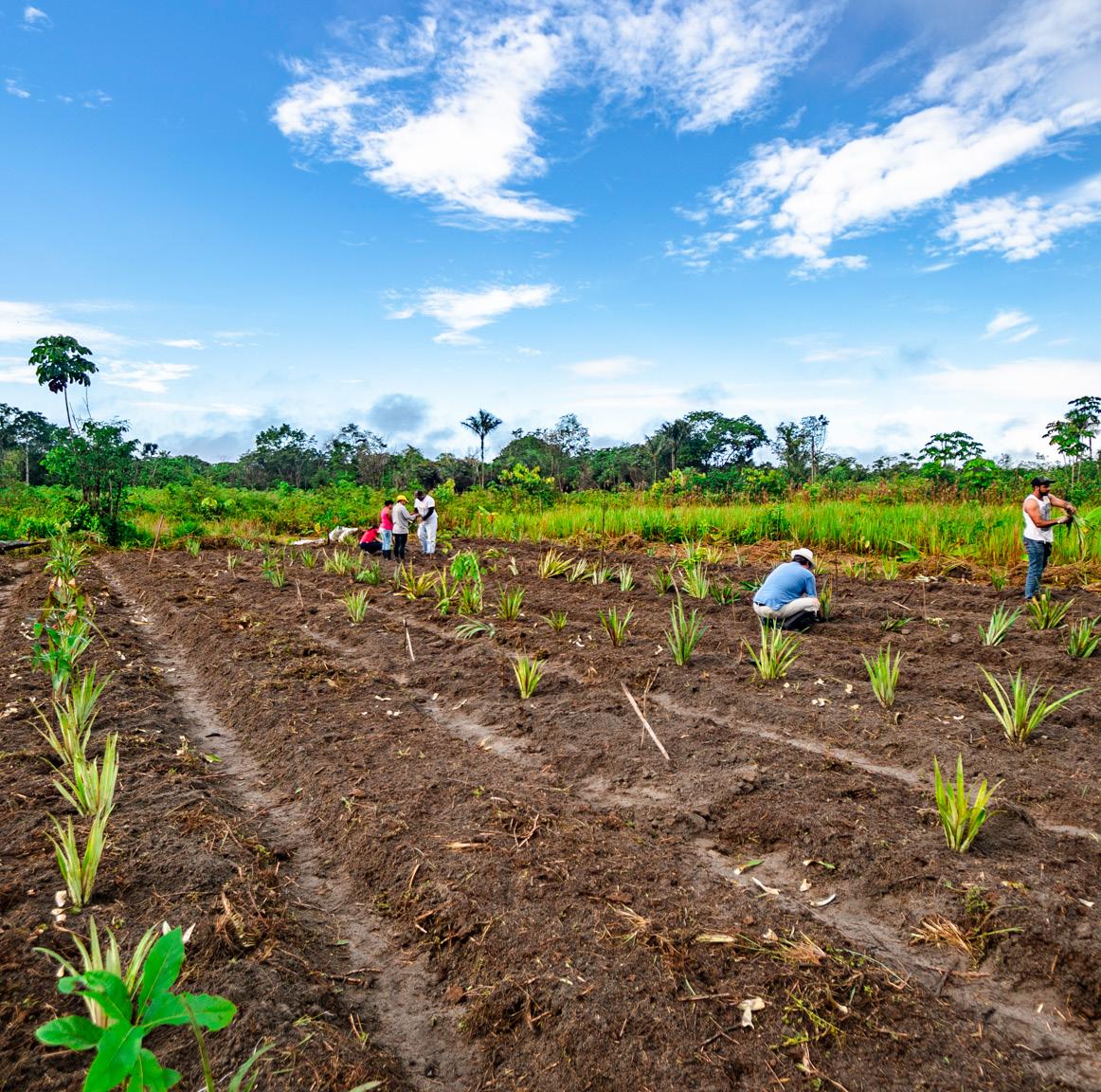
Helping sustainable food enterprises expand to the German market. Thanks to a program with Amsterdam Impact and ABN AMRO, six sustainable food companies keen to expand to the German market met relevant local actors from the local food and impact sector, including industry players, regulation experts, and impact investors. Meeting local investors and production facilities in Berlin helped startups develop a go-to-market roadmap with the following steps and contacts to validate their business in the German food market.
Food accelerator alumni raise investment and scale to new markets. ReNature raised $670k in seed funding, led by Meraki Impact. Wakuli received €500,000 investment and won the Lidl Voedselprijs during the 2020 edition of Duurzame Dinsdag. Karma Kebab raised €350,000 in seed funding as they expand in the Dutch market and get ready to enter the German one. Willicroft’s plantbased products are now available at 100 Albert Heijn stores in the Netherlands and Belgium and the supermarket chain’s online offering. Foodlogica, the last mile food delivery service, headed to €1 million in revenue in 2020 and expanded to Milan and Paris.
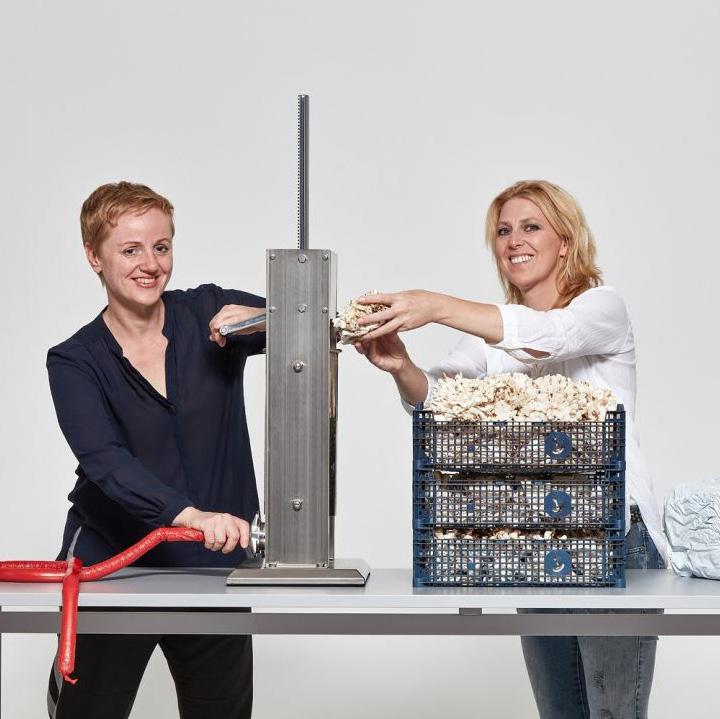
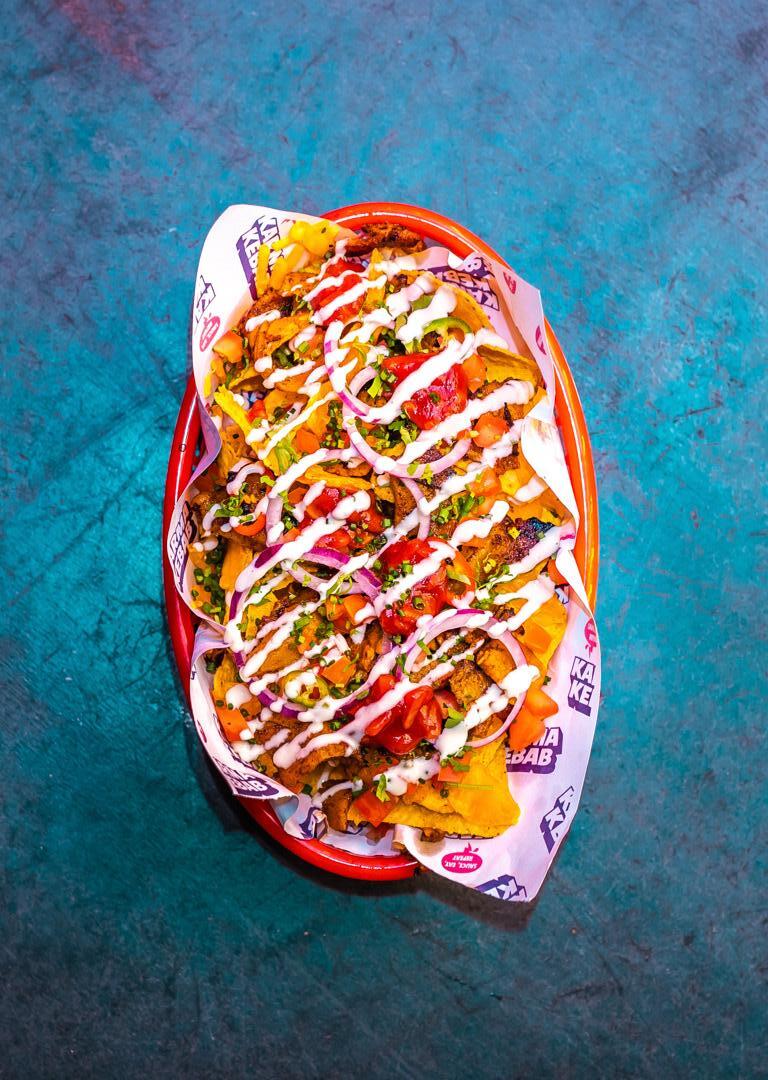
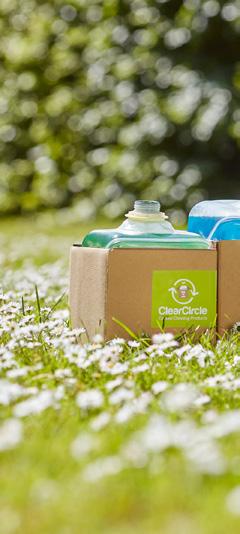

Only 9 percent of the global economy is circular. Adopting circular principles now could bring Europe net benefits of €1,8 trillion and lead to a carbon emission reduction of 450 million tonnes by 2030. That is why Impact Hub Amsterdam hosts events, builds communities and runs acceleration programs on the topic of circularity.
 Charlie Mary
Charlie Mary
More than €21 million has already been invested in circular startups through our Investment Ready Program. To further accelerate the transition from a linear to a circular economy, we work with partners such as ING Netherlands Foundation, Province of NoordHolland, and Circl. Check out our 2019 and 2020 highlights.
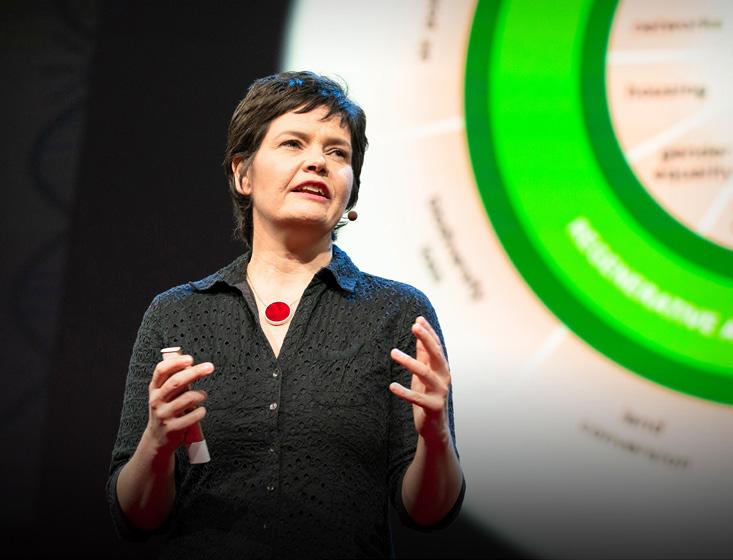
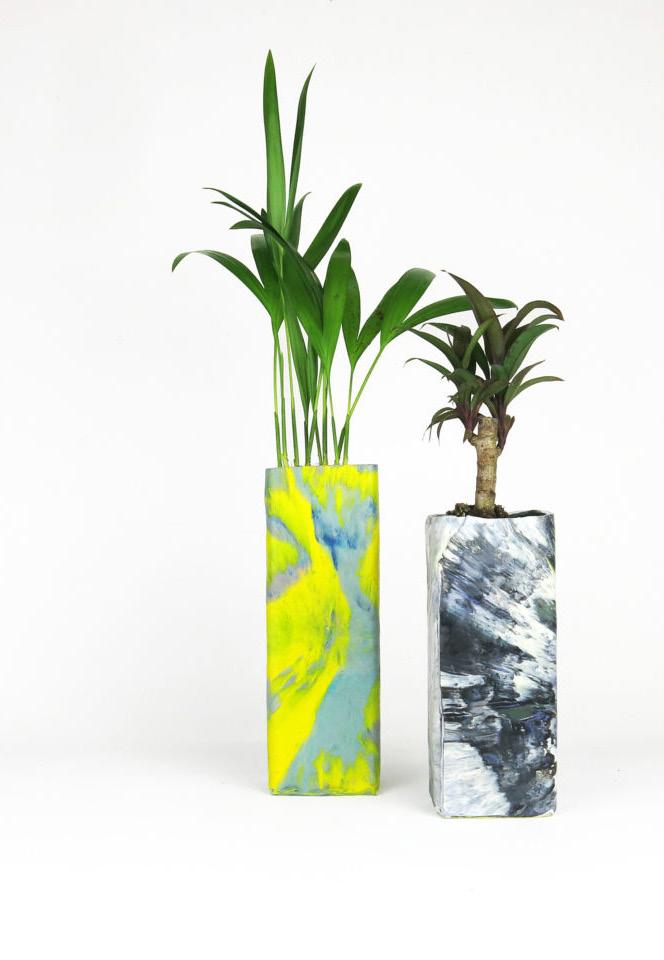
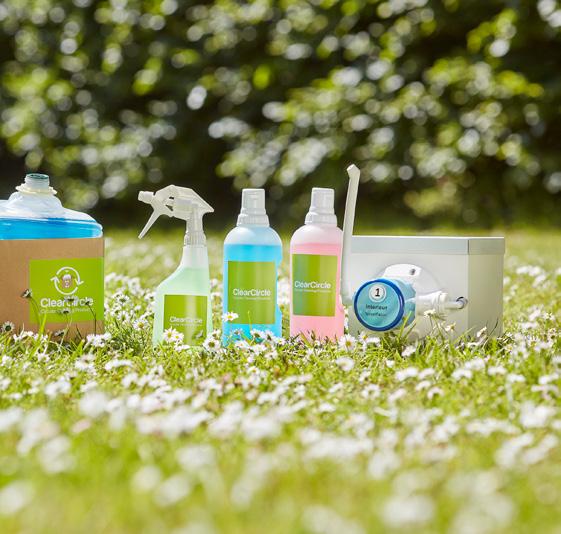
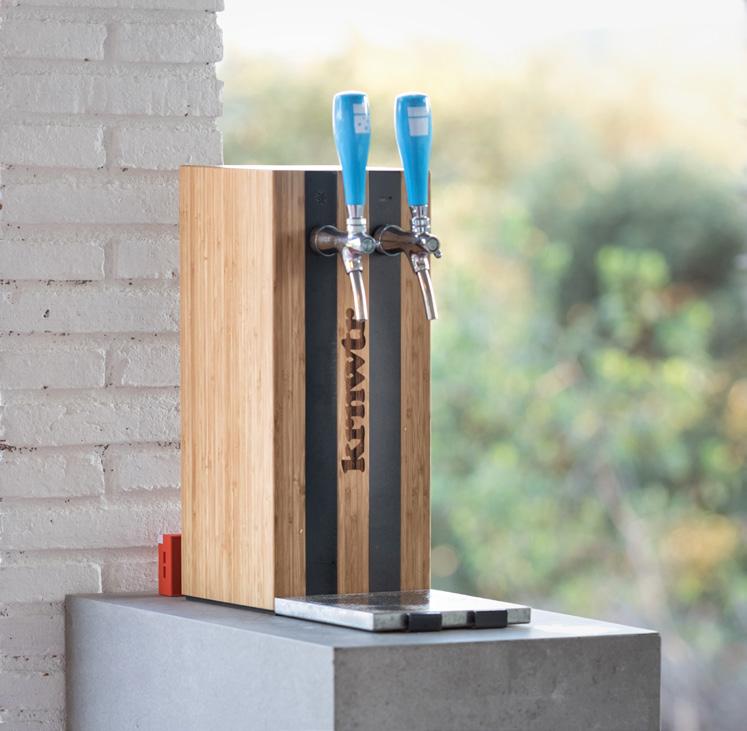 KRNWTR+
Doughnut Economics
KRNWTR+
Doughnut Economics
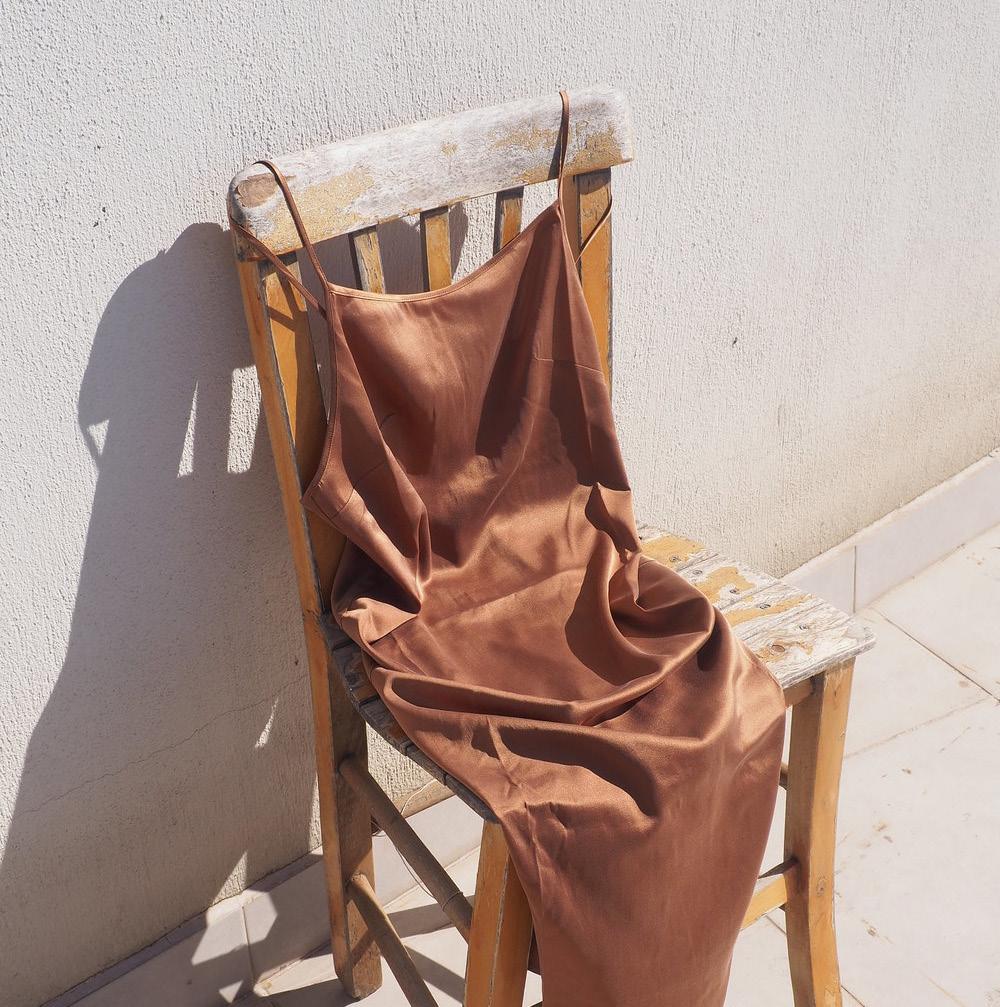
Seven years of scaling impact enterprises with circular solutions. The Investment Ready Program (IRP) is Impact Hub Amsterdam’s accelerator for growth-stage impact solutions to global problems. With our ING Netherlands Foundation, DOEN Foundation, Boston Consulting Group, and de Brauw Blackstone Westbroek, we’ve helped startups review their business model, strategy, and team; craft a funding plan; and pitch to our network of purpose-driven impact investors and funds. The IRP has supported more than 70 impact enterprises during seven editions, mainly in circularity and clean/green tech. After completing the IRP, alumni have raised – to date – over €21 million in funding. in funding. And at least half of IRP raise their required financing – usually a combination of between €250,000 and €1 million in equity, loans, and crowdfunding – within a few months of completing the program. As a result, over 75% of alumni increased their revenue since the program’s start, and 50% more than doubled it thanks to our support in finding the right investors, clients, partners and focus.
Working towards a 100% circular economy. Through 20192021, we have been working with the Province of Noord-Holland to strengthen the province’s circular ecosystem. The program consisted of public events – meetups, masterclasses and tours in the circular chain – to help SMEs and startups from North Holland get started with circularity and master the principles of circular entrepreneurship. Impact Hub also partnered with CIRCO to facilitate the CIRCO Track program. Together, we helped ten companies visualise their value chain, identify environmental and economic opportunities, research inspiring circular strategies, create a circular revenue model and roadmap, and, ultimately, craft a compelling pitch and a concrete action plan. Join us to create your own CIRCO track as we build on this in 2021+.
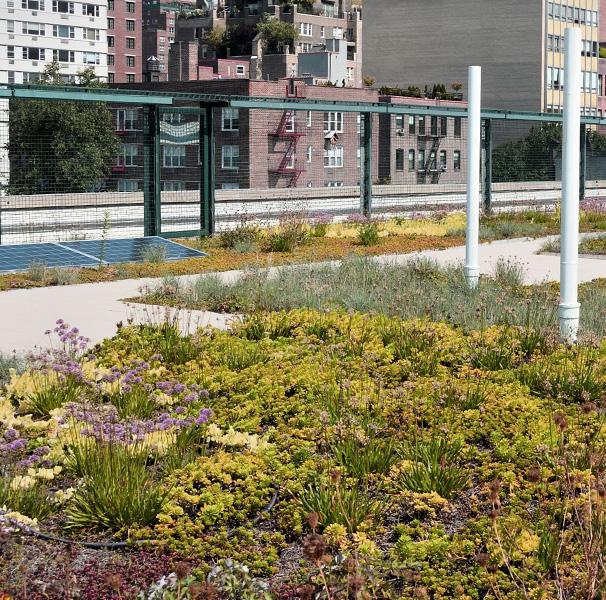
Matching SMEs with startups and scaleups that help solve their sustainability challenges. For Impact Nation, we are working with ABN AMRO and The Next Web to find the best solutions worldwide for SMEs and their sustainability challenges. One of these SMEs is Vogel’s, a company that provides thoughtfully crafted audio-video mounting solutions. Out of several proposed companies Vogel’s chose to work with a start-up that is USA based. A renewable bioproducts company located in the San Francisco Bay Area that strives to be the global leader in the bio-manufacturing revolution. Thanks to this collaboration, Vogel s managed to become more circular while reusing valuable material.
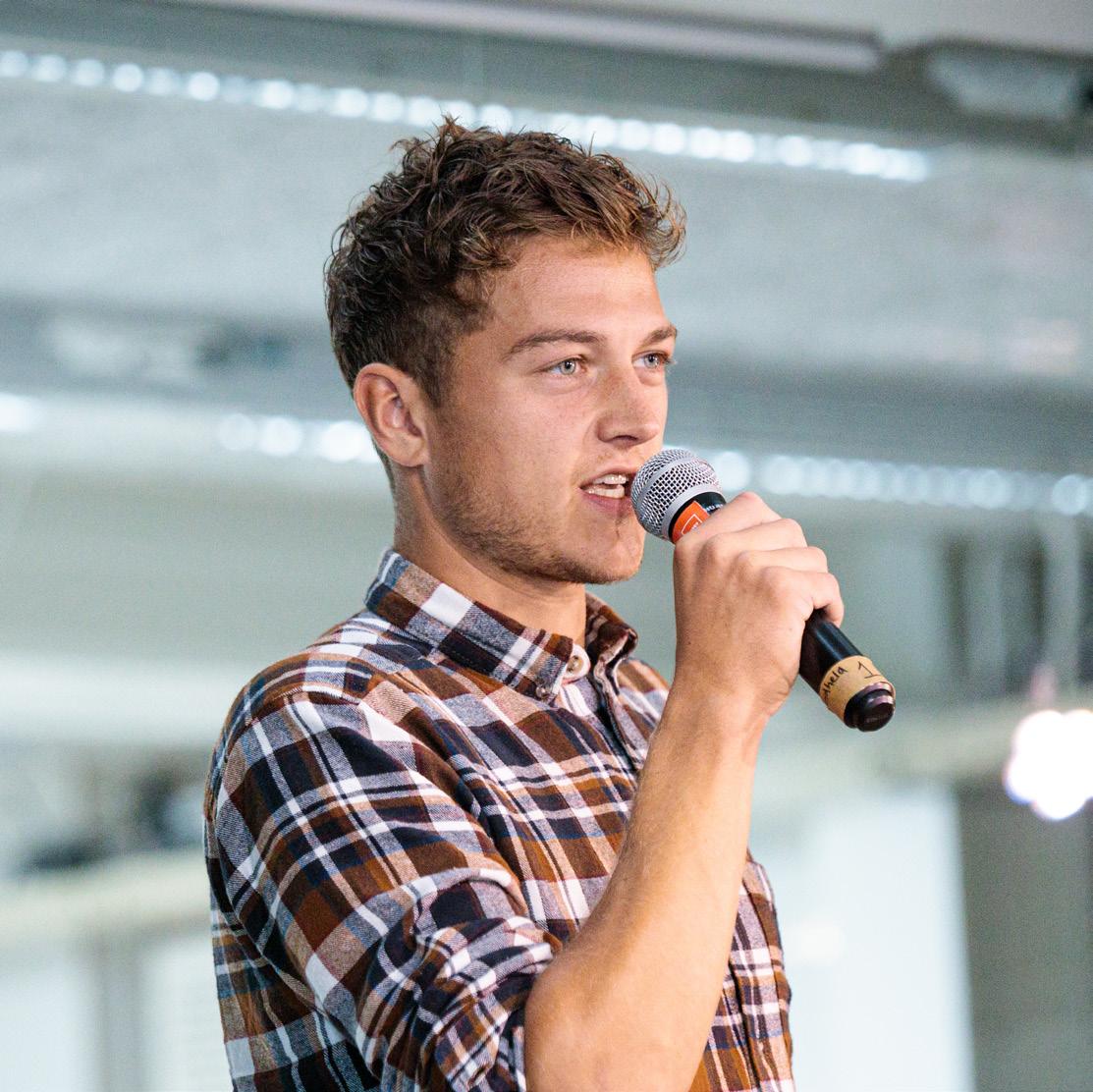
Circular opportunities for Amsterdam. Like the BMW Foundation Herbert Quandt, the Impact Hub network believes that leaders worldwide can work together to drive positive change and achieve the SDGs. Impact Hub Amsterdam facilitated the first event in the 2020 Denkraum Good Life & Sustainable Cities series, which also featured events co-hosted by the Impact Hubs in Madrid and Athens. Denkraum brings together leaders from the private, public, and civic sectors to explore how European cities can address environmental, economic, and social challenges. During the event, six groups – guided by experts from diverse sectors – dove into innovations and challenges on several topics: multi-stakeholder governance, architecture, inclusion, food supply chains, energy, and innovative logistics in the circular economy.
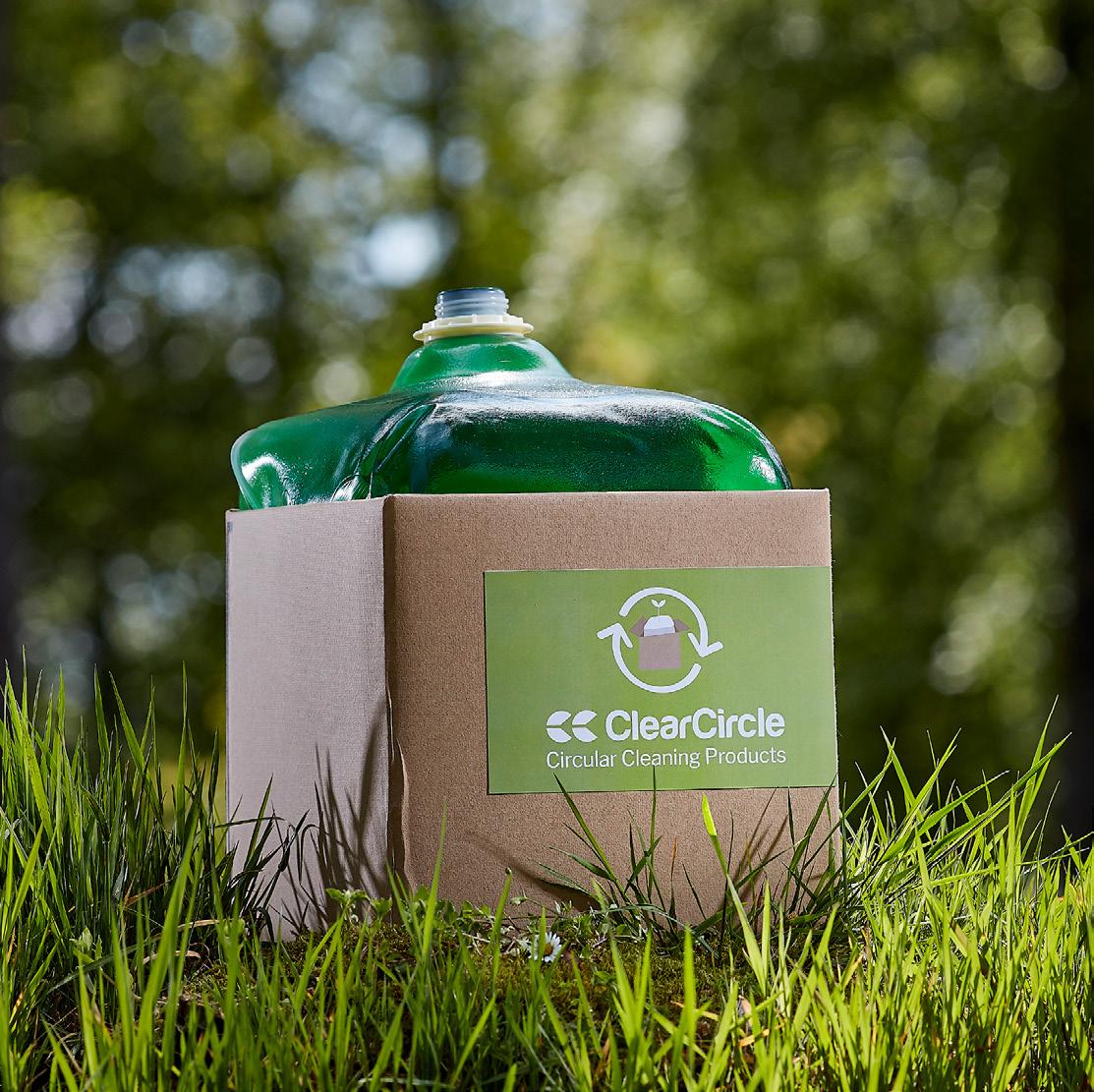
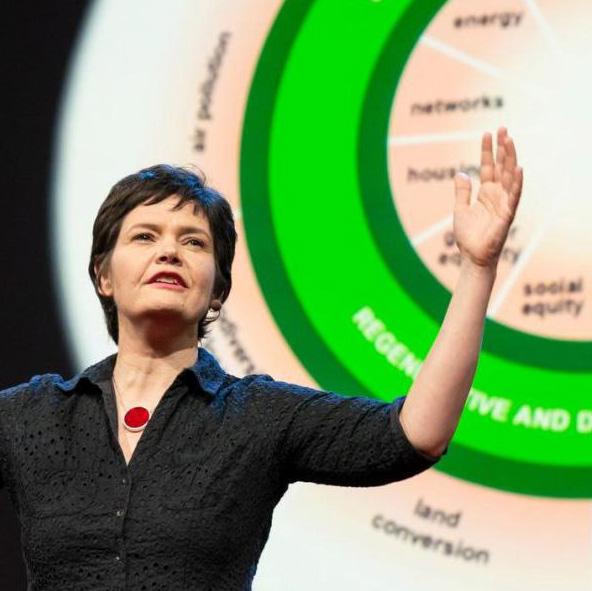
Hosting a Q&A with Kate Raworth. Impact Hub Amsterdam facilitated an interactive session with Kate Raworth, renegade economist and creator of the internationally acclaimed framework, Doughnut Economics. The Doughnut of social and planetary boundaries ensures that we do not overshoot our pressure on Earth’s life-supporting systems and acts as a compass for human progress this century. The audience discussed the transition period to a new economy and explored the economic mindset for addressing our most pressing social and ecological challenges. The Q&A was a part of a digital screening of the award-winning documentary, Normal is Over, which we organised with The New Normal Foundation and the filmmaker Renée Scheltema.
Investment Ready Program alumni secure new funding. Investment Ready Program (IRP) alumni KRNWTR+ received €200,000 from the Water Innovation Fund of the Hollands Noorderkwartier water board managed by the National Green Fund. The company can use this funding for further growth and sustainable and Covidproof water taps to combat the waste of plastic water bottles. In 2020, Tiny Library (formerly The Baby Exchangerie), a renting platform with sustainable baby essentials, secured €300,000. CocoPallet raised almost €1 million for final R&D, team expansion, and on-site sourcing and distribution research in Asia. CocoPallet’s first production plant will be running by the end of 2021.
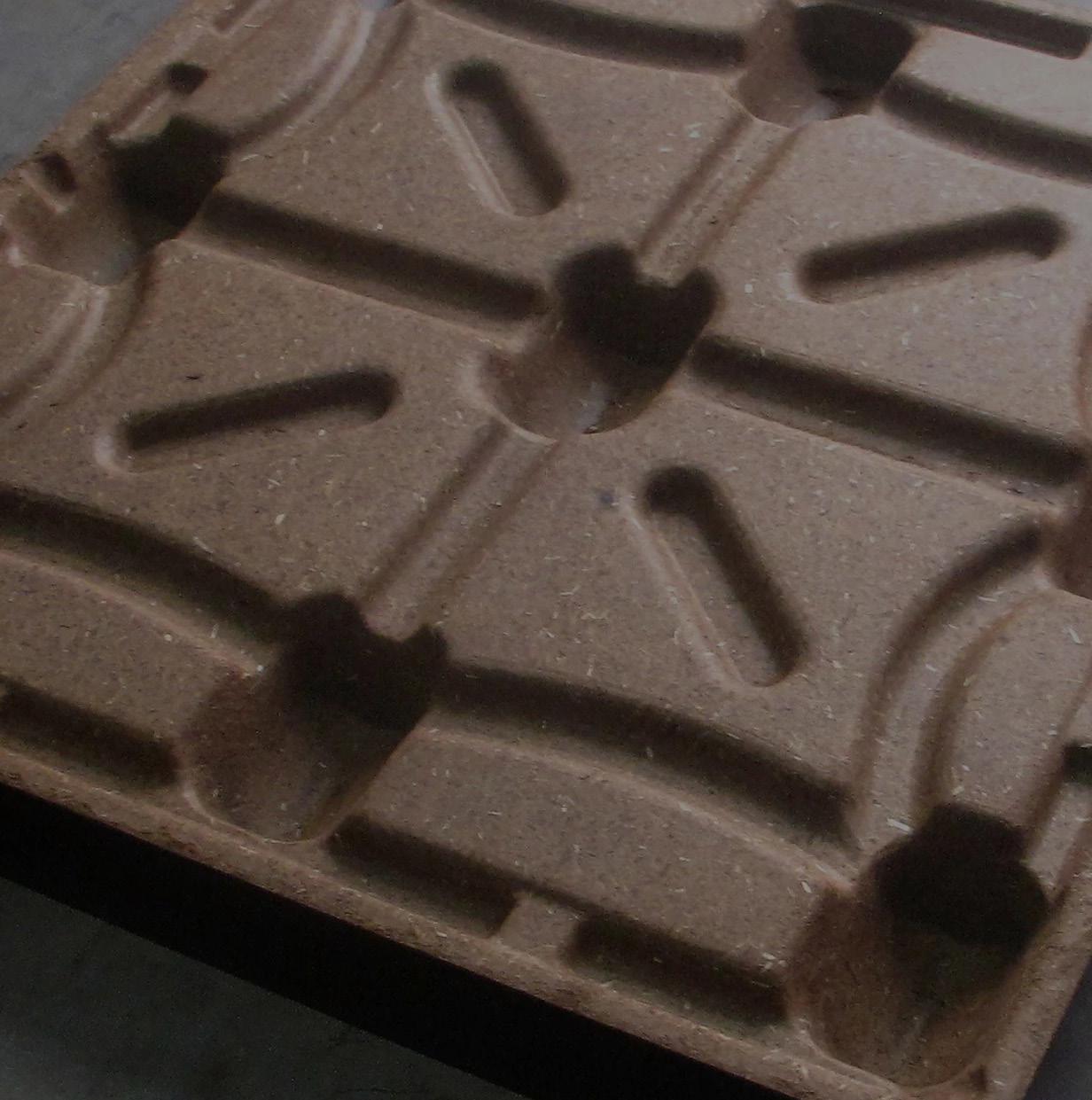 CocoPallet
CocoPallet
Eleven startups sharpen their solutions to redesign and reuse plastics. In our Business Model Challenge | Plastics Edition, we focused on circular solutions to plastic use. With our founding partner WWF NL and main partners Port of Amsterdam and Accenture, we picked 11 startups solving the plastic problem. To name a few, D3Aak develops and sells 3Dprinted and 100% recyclable open boats made from recycled plastic. Precious Plastic The Hague belongs to the Precious Plastic global that recycles waste plastic into new products. Their workplace aims to create valuable, functional, and sellable products from local plastic waste. Similarly, Polimeer transforms waste plastic bags and film into a highend, marblelike material for interior, architectural, and product design. All 11 startups finetuned their business models throughout the three-month journey.
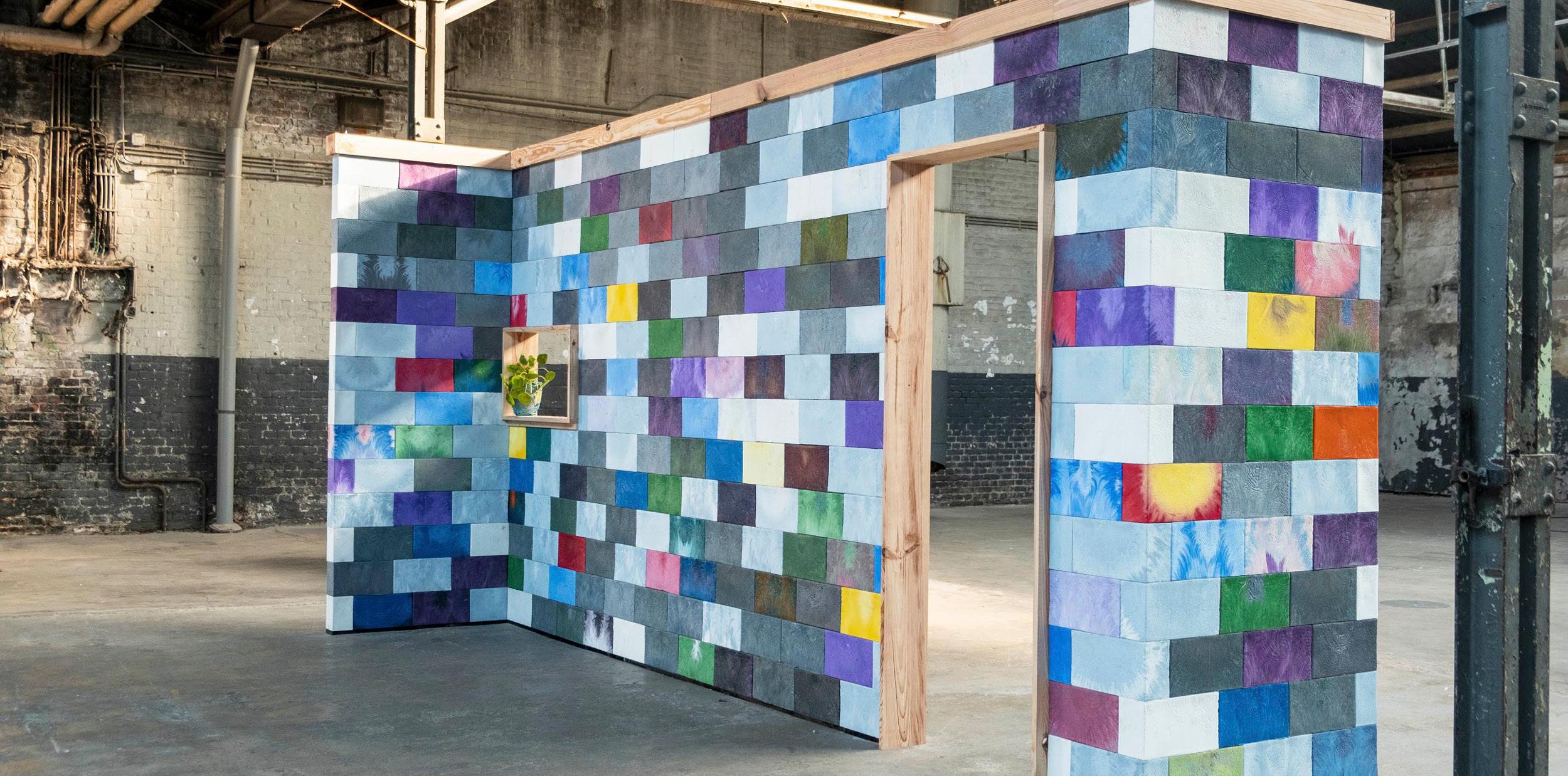
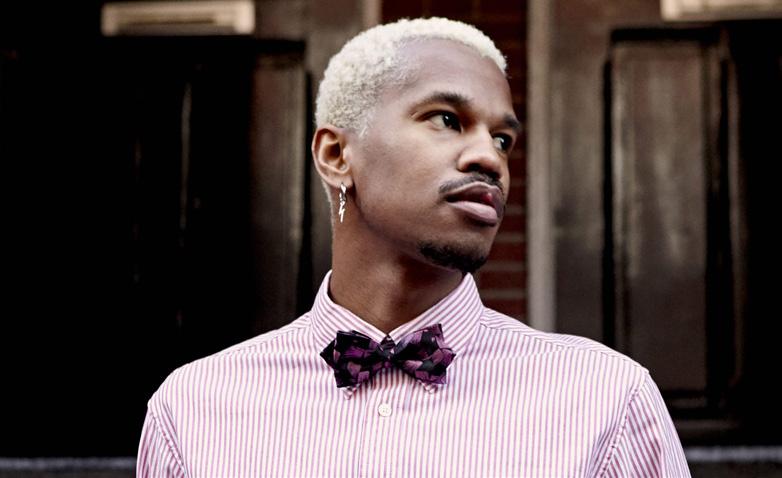


The fashion industry produces 10% of all humanity’s carbon emissions and is the secondlargest consumer of the world’s water supply. 85% of all textiles go to the dump each year. It would take fast-fashion chains 12 years to recycle clothes they produce in 48 hours.FABB J LABEL
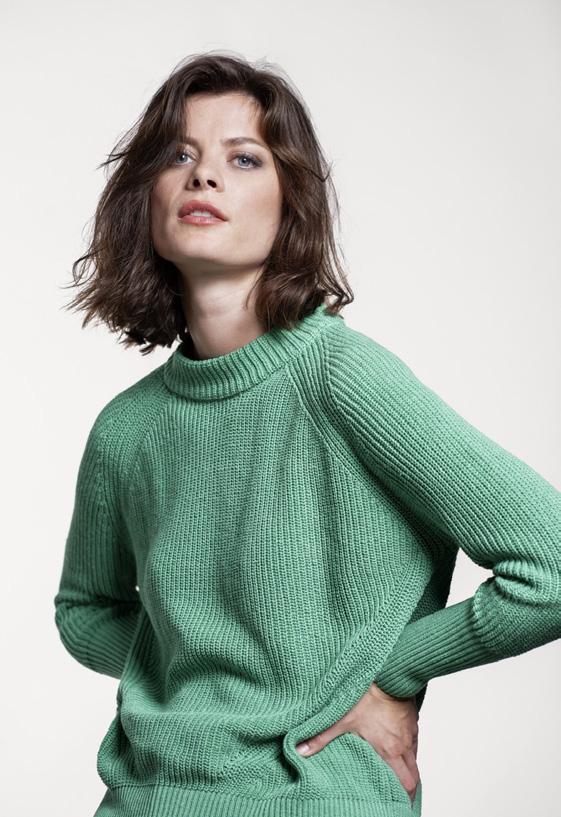
Through our ecosystem approach, we create the needed resources to foster positive change in the fashion sector. Projects include FABB, Province of NorthHolland Circulair Textile Tour and the Tommy Hilfiger Fashion Frontier Challenge. Check out our 2019 and 2020 highlights below.
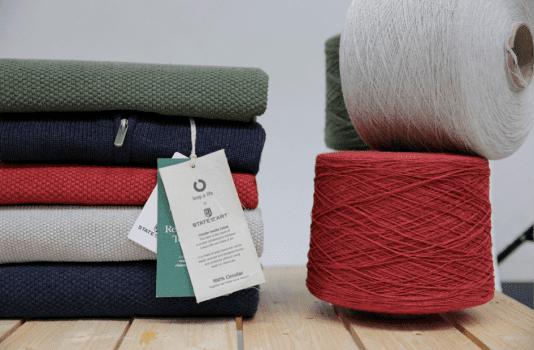 Loop.a life
Loop.a life
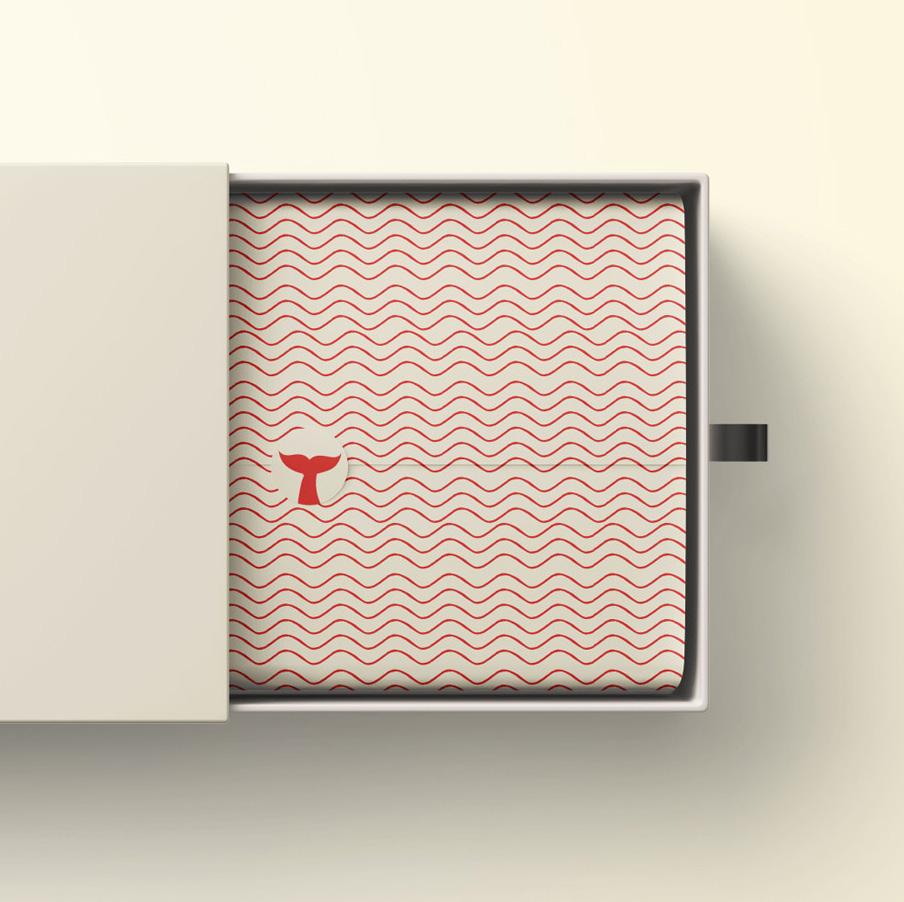
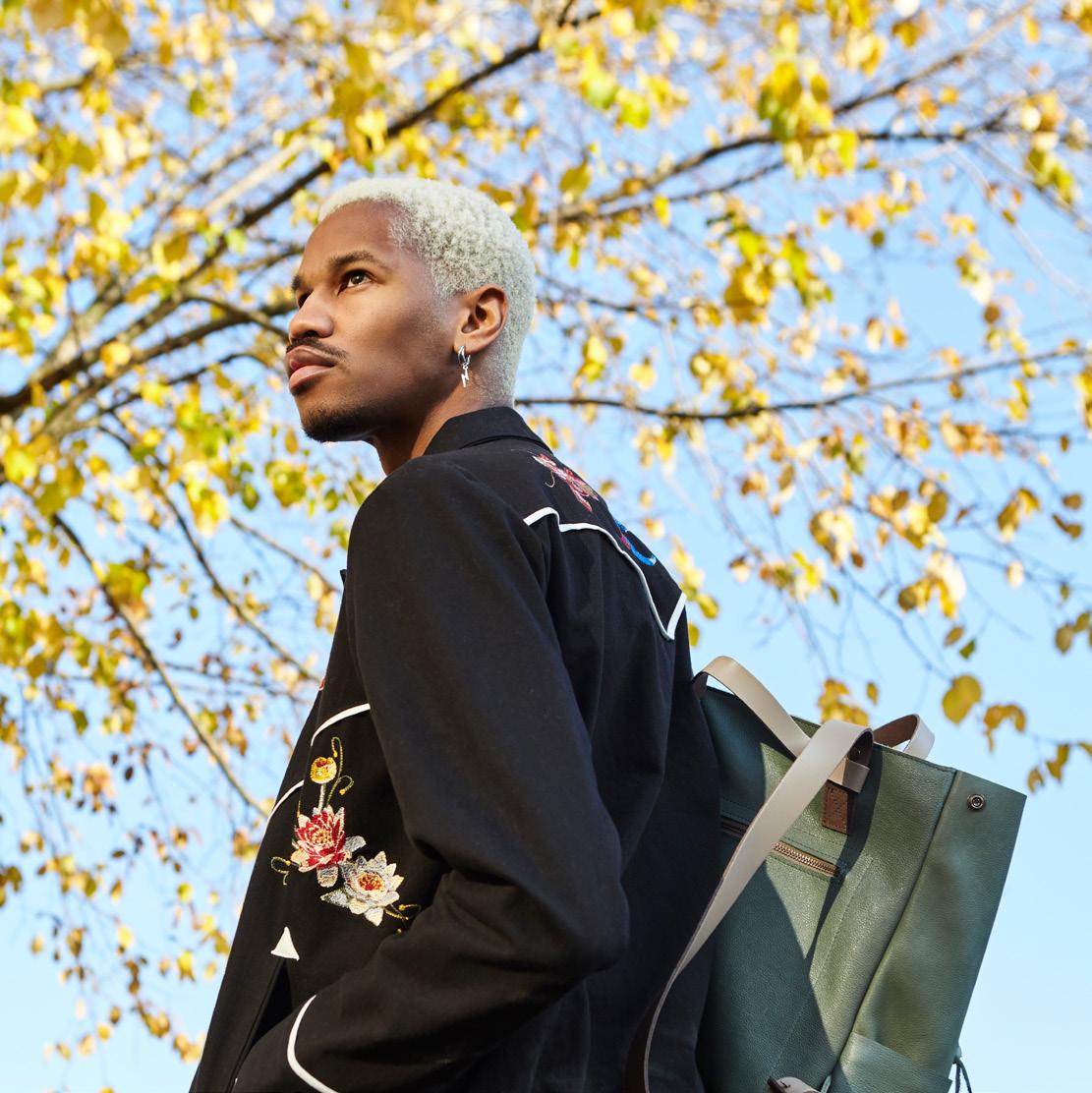
Running a successful fashion business. FABB is a program we designed in collaboration with Karin Granner MA and Impact Hub Vienna to help eight startups in the Netherlands and Austria become part of Amsterdam and Vienna’s sustainable fashion ecosystems. The program jointly ran in both Impact Hub locations. It offered expert guidance, one-on-one coaching, and peer-to-peer learning in small groups of like-minded entrepreneurs to fashion startups that already incorporate elements of circularity or sustainability into their way of producing or selling fashion. FABB helped the participants work on their marketing and positioning, sales, operations, finance, and production needs and show that a sustainable fashion sector is the new normal.
Starting an impactdriven fashion brand. The Business Model Challenge (BMC) is Impact Hub Amsterdam’s incubator program for entrepreneurs taking the first steps in launching an impactdriven business. During the BMC Fashion edition in 2020 powered by Accenture, participants focus on developing a product or service to make fashion more sustainable. The goal of the BMC Fashion edition was to support the eight entrepreneurs in developing a solid business plan, strengthening skills, and running a pilot in our network. Thanks to the BMC, participants learned how to position their business, received feedback from potential partners and clients, and expanded their business network.
Red Orka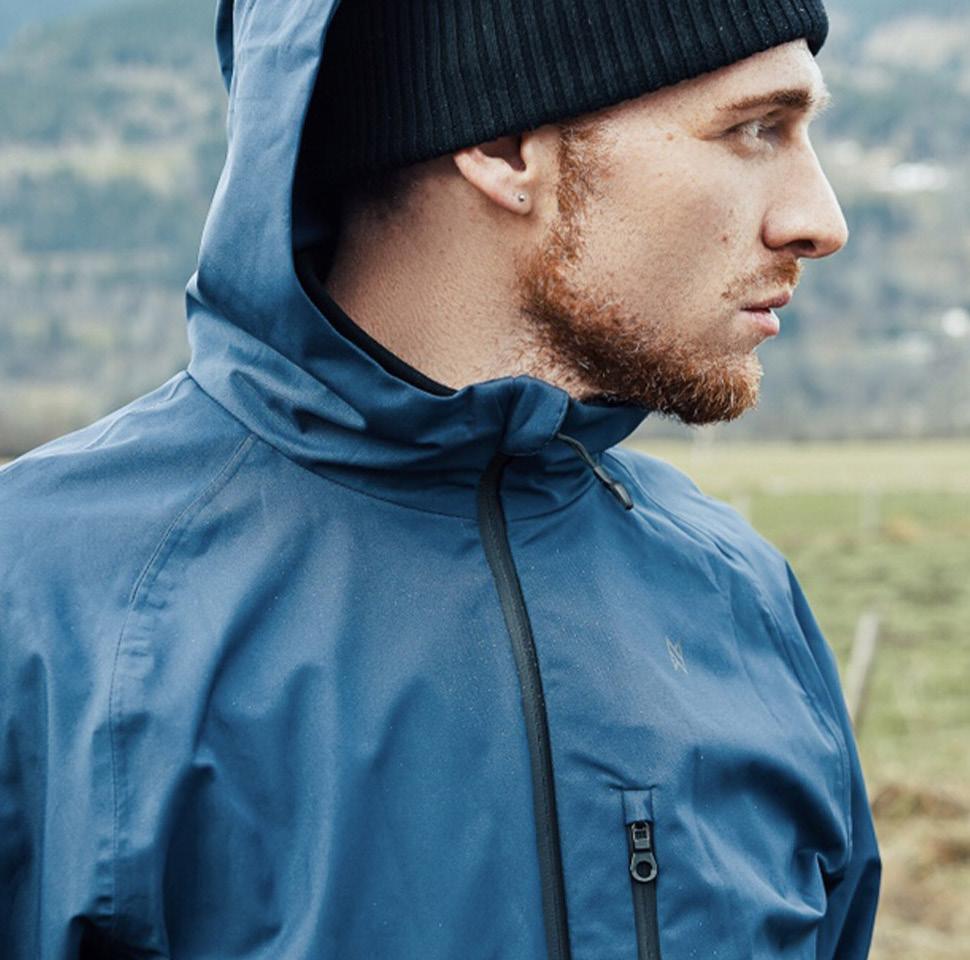
Sustainable fashion companies expand into the Dutch market. During the Soft-Landing Fashion program we organised with Amsterdam Impact – the City of Amsterdam’s impact entrepreneurship program – and ABN AMRO, five sustainable fashion companies from Austria looking to expand into the Dutch market to connect to local social enterprise and startup communities, the municipality, investors, and shops during a visit to Amsterdam. Getting to know different stakeholders helped the entrepreneurs develop a go-to-market roadmap to validate their business in the Dutch fashion market.
Coming together to boost innovation, collaboration and action. 2020 was a year full of events about fashion and sustainability. We addressed the social and environmental impact of the fashion industry during the SDG Meetup Circular Fashion, powered by SDG House, Impact Hub Amsterdam and CChange. We discussed circular entrepreneurship in the fashion industry during the Circular Textile Chain Tour we organised with the province of Noord-Holland. We zoomed in on India to dive into the history of fashion’s industrial system and the complex relations between fashion, land and labour with State of Fashion. We screened the documentary Taking Justice in collaboration with MUMSTER and Cosmopolitan NL. And we also hosted the launch of the Sustainable Fashion Gift Card and a clothing swap event organised by Swap Society.
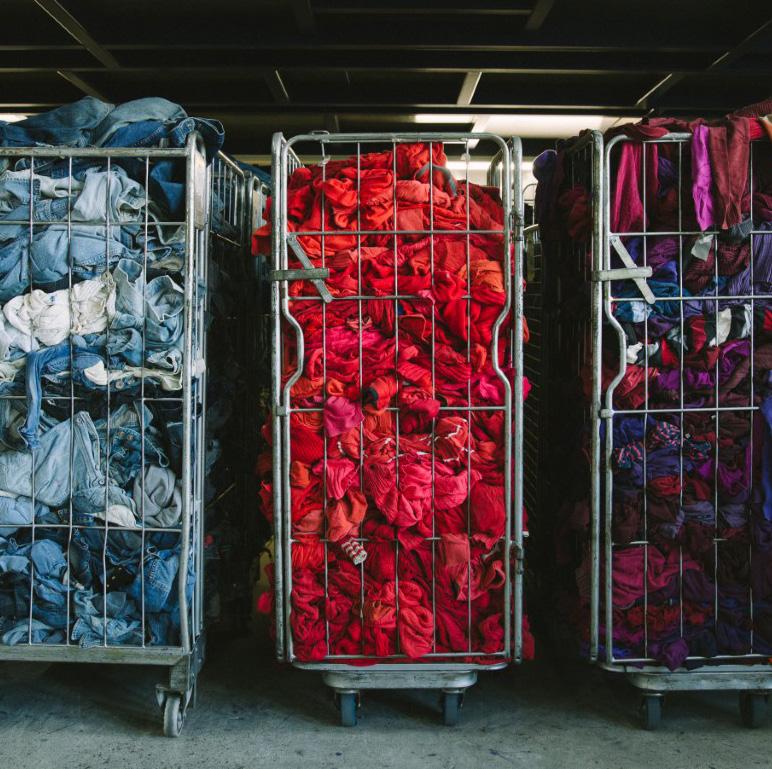 Wieland Textiles
Montreet
Wieland Textiles
Montreet
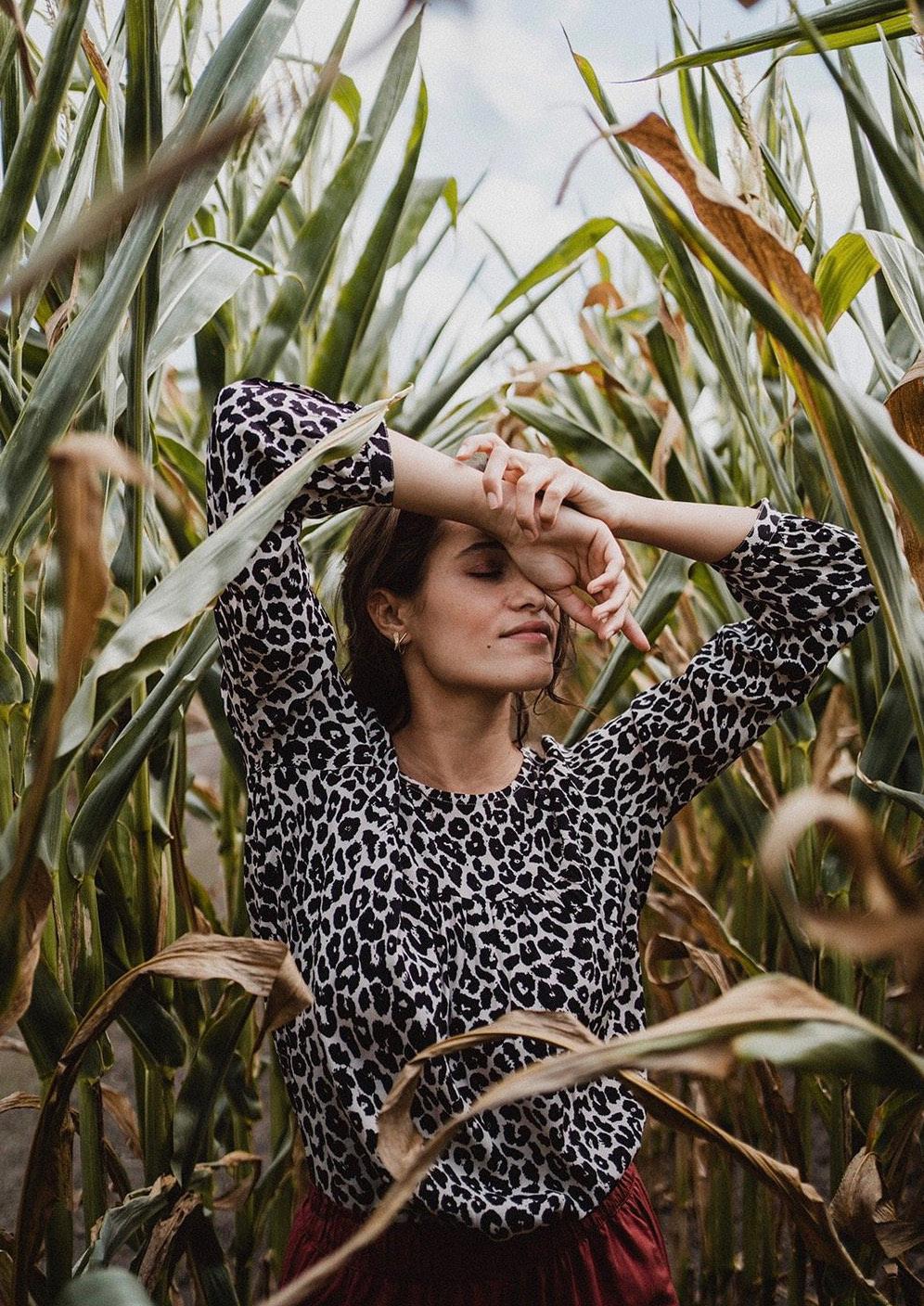
Making an impact in the fashion industry. Loop.a life, which produces 100% circular sweaters, run a successful crowdfunding campaign. 90% of all sportswear contains polyester or another form of plastic, but Iron Roots is poised to launch the first microplasticfree sports shorts with the money raised from their successful crowdfunding campaign. MIYAGI released their new collection, Hello Computer, made out of upcycled and dead-stock materials and moved to a new store location. Filanda N18 released the ‘Along the ikat route’ collection inspired by 19th20th century women travellers and featuring Uzbeki ikat prints. In partnership with Marie Claire, J LABEL launched We Are, a documentary that shows it’s possible to produce clothing collections sustainably and ethically.


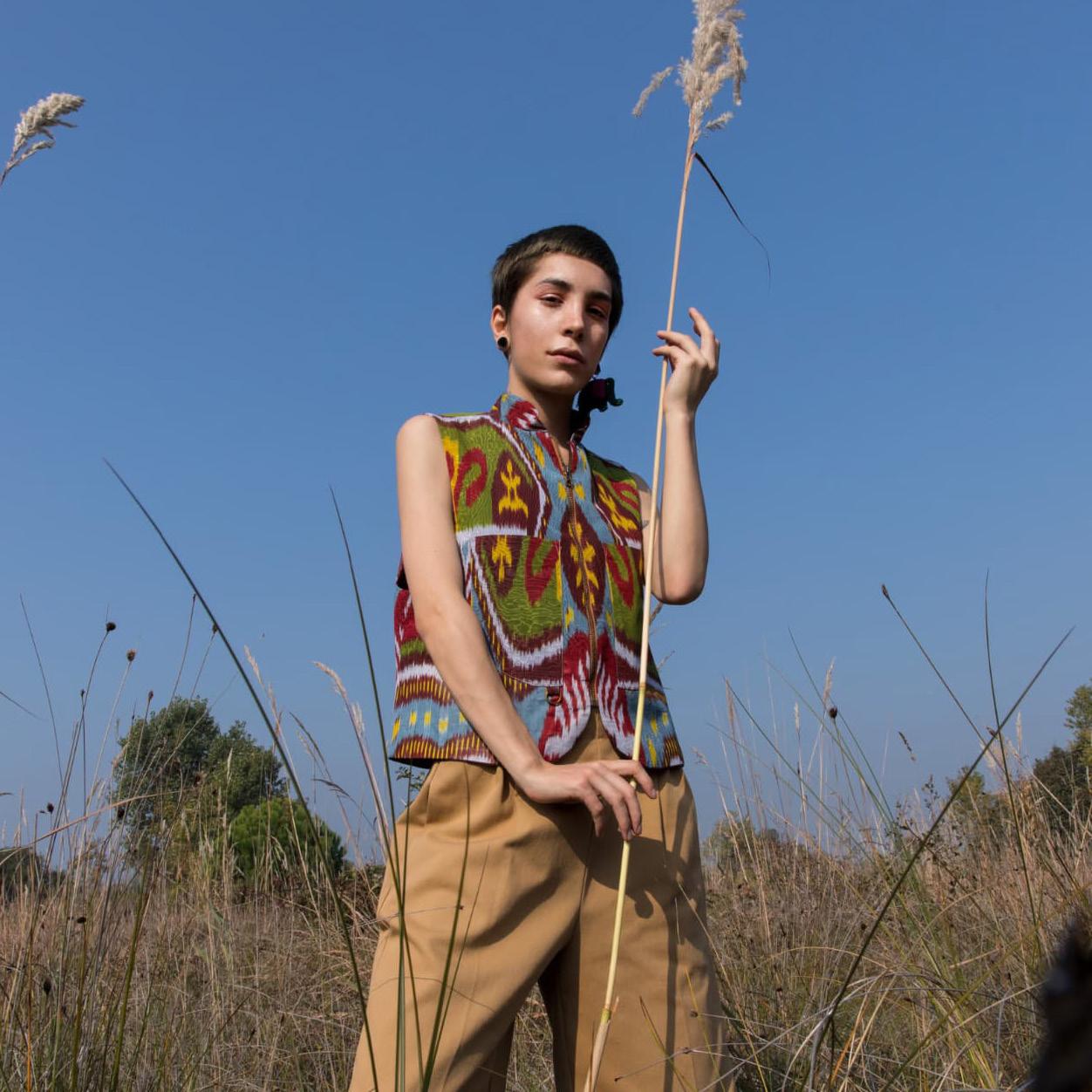
In nature, the most resilient ecosystems have sufficient diversity. Our society is just another ecosystem. Our work on the Inclusion Ecosystem wants to enable entrepreneurial and innovative solutions that positively impact all. To achieve this goal, entrepreneurial communities, companies, governments, and NGOs should represent and reflect all of society, not just a select few.
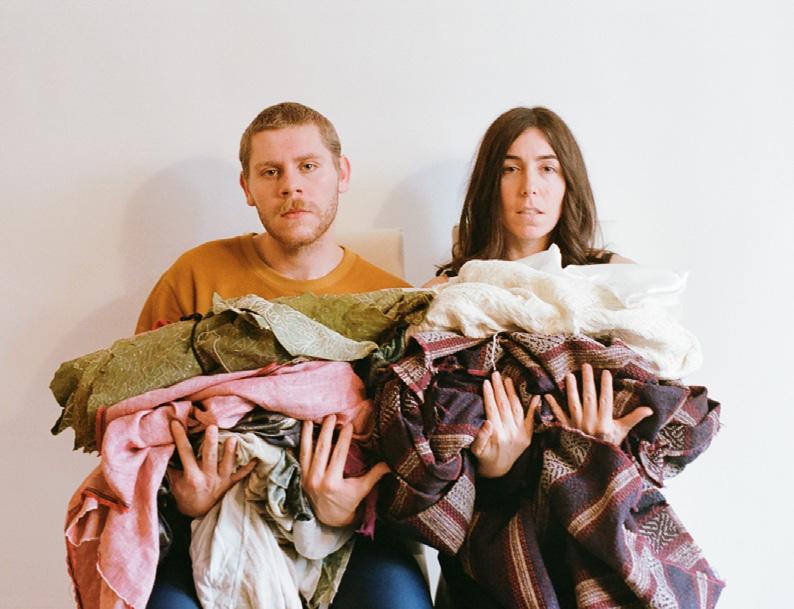
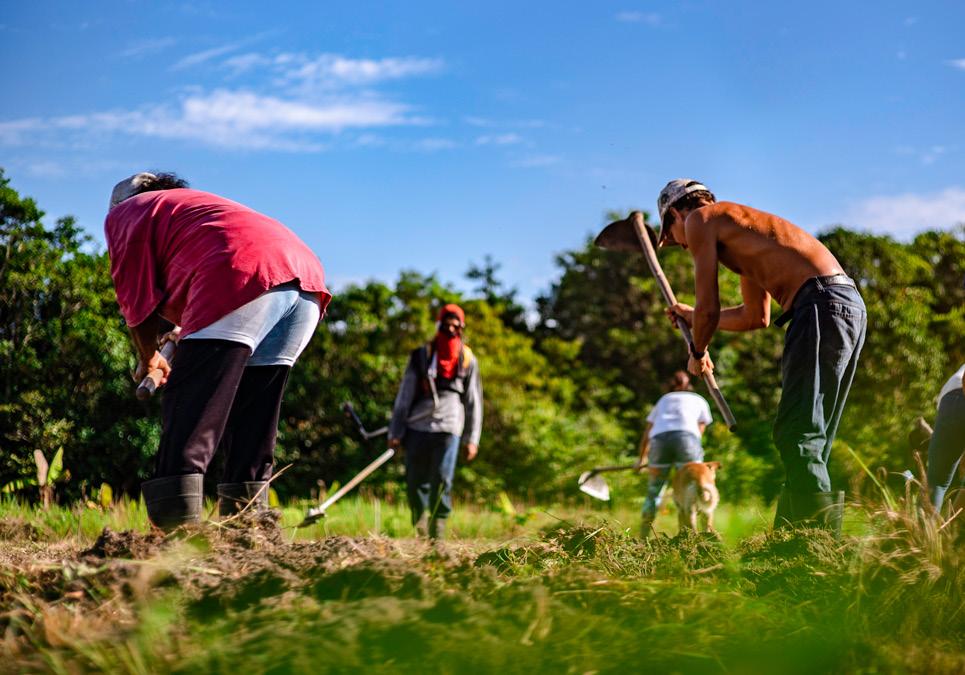
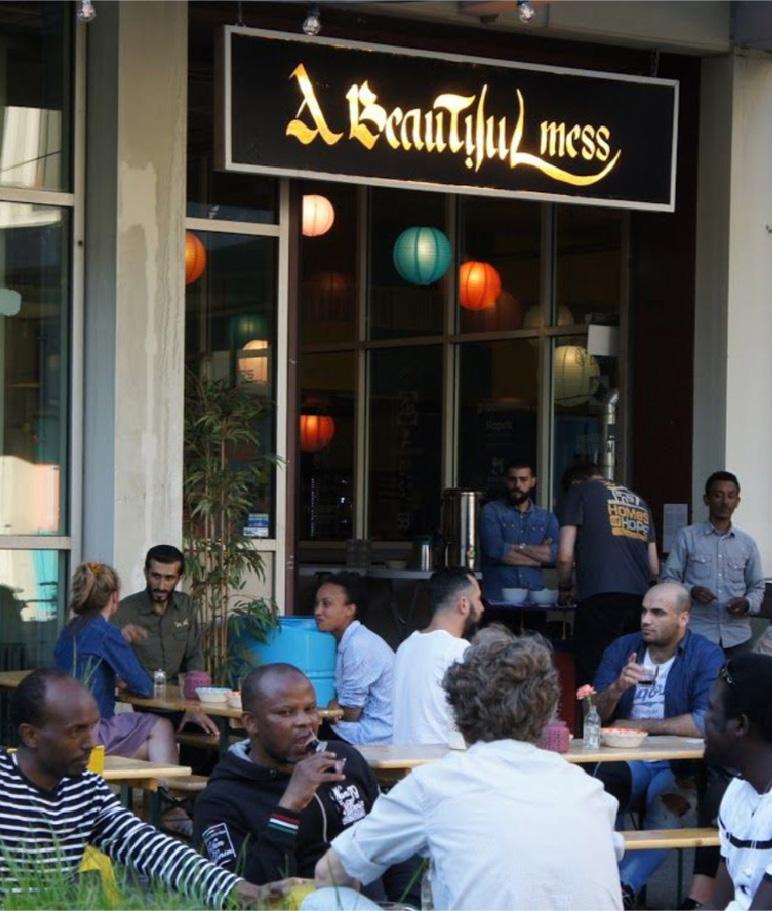
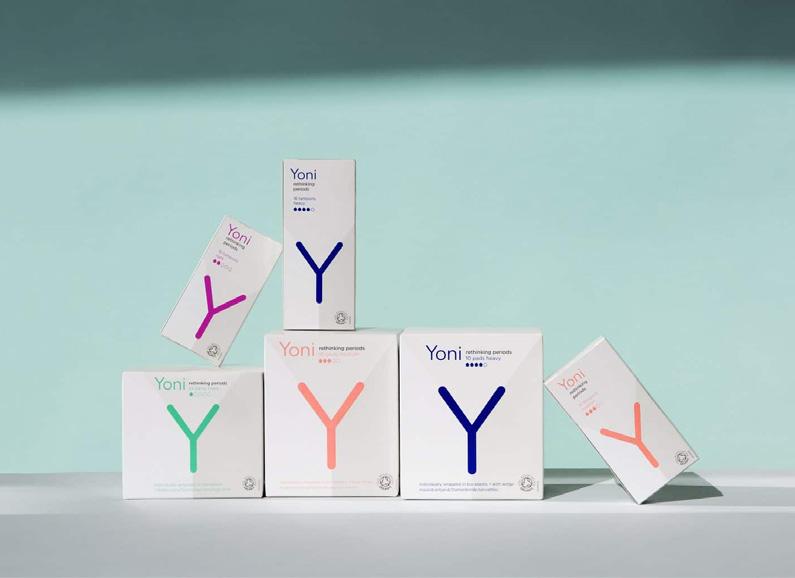
In our Inclusion Ecosystem, we run programs, organise events, and bring organisations together to positively impact immigration, (refugee) integration, discrimination, LGBTQ+ rights, gender equality, disability, and poverty, to name a few. Check out our 2019 and 2020 highlights.
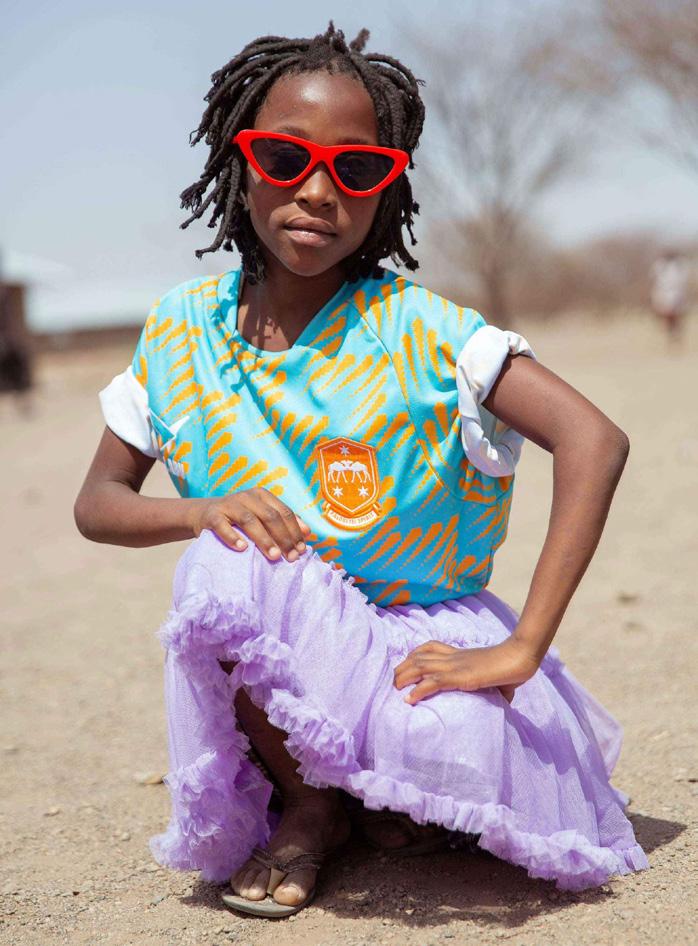
Realising the leadership potential of women entrepreneurs. In 2020 we organised the Cartier Challenge to apply for the 2021 edition of the Cartier Women’s Initiative Awards, an international entrepreneurship program that drives change by empowering female impact entrepreneurs. The program is open to womenrun and women-owned businesses from any country and sector that aim to have a sustainable social impact, an environmental impact, or both. The Cartier Women’s Initiative awards over $1 million each year globally and focuses on three areas of human capital support: developing a strategic financial mindset, speaking to inspire, and scaling social impact. The program also strives to bridge connections and highlight the social impact made by women impact entrepreneurs.
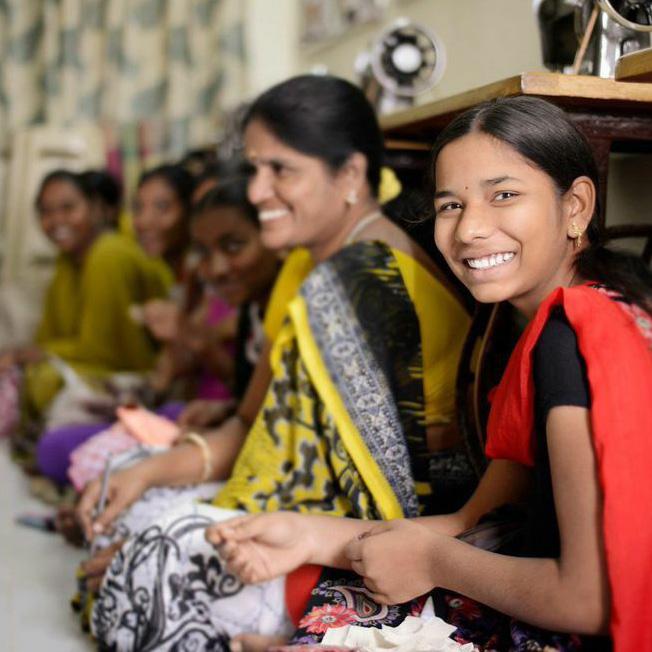
Creating a more inclusive fashion landscape. Tommy Hilfiger organised in 2019 the second edition of the Tommy Hilfiger Fashion Frontier Challenge, a global program that aims to support startup and scale-up stage businesses with solutions to promote inclusive and positive change in fashion. Tommy Hilfiger asked Impact Hub Amsterdam to help them in their global search for solutions that enable inclusive and positive change in fashion. The challenge award was €150,000 among two winners to support their inclusive fashion ventures, a year-long mentorship with Tommy Hilfiger’s experts, and a place on the INSEAD Social Entrepreneurship Program. The Fashion Frontier Challenge keeps supporting entrepreneurs creating a positive social impact in fashion.
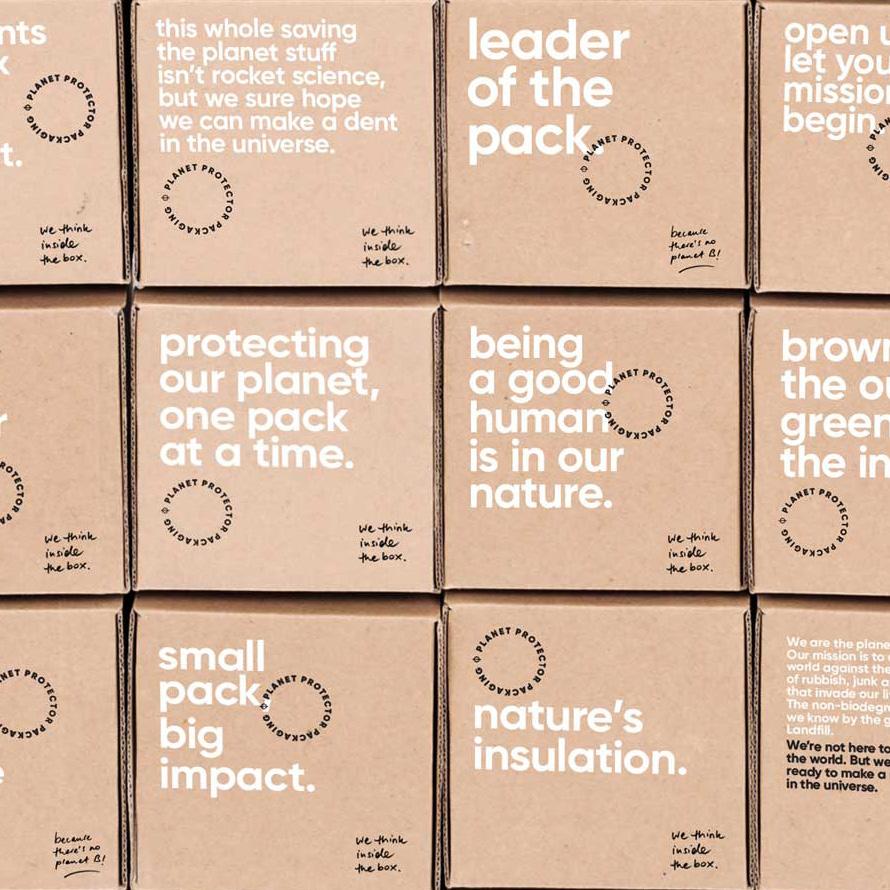
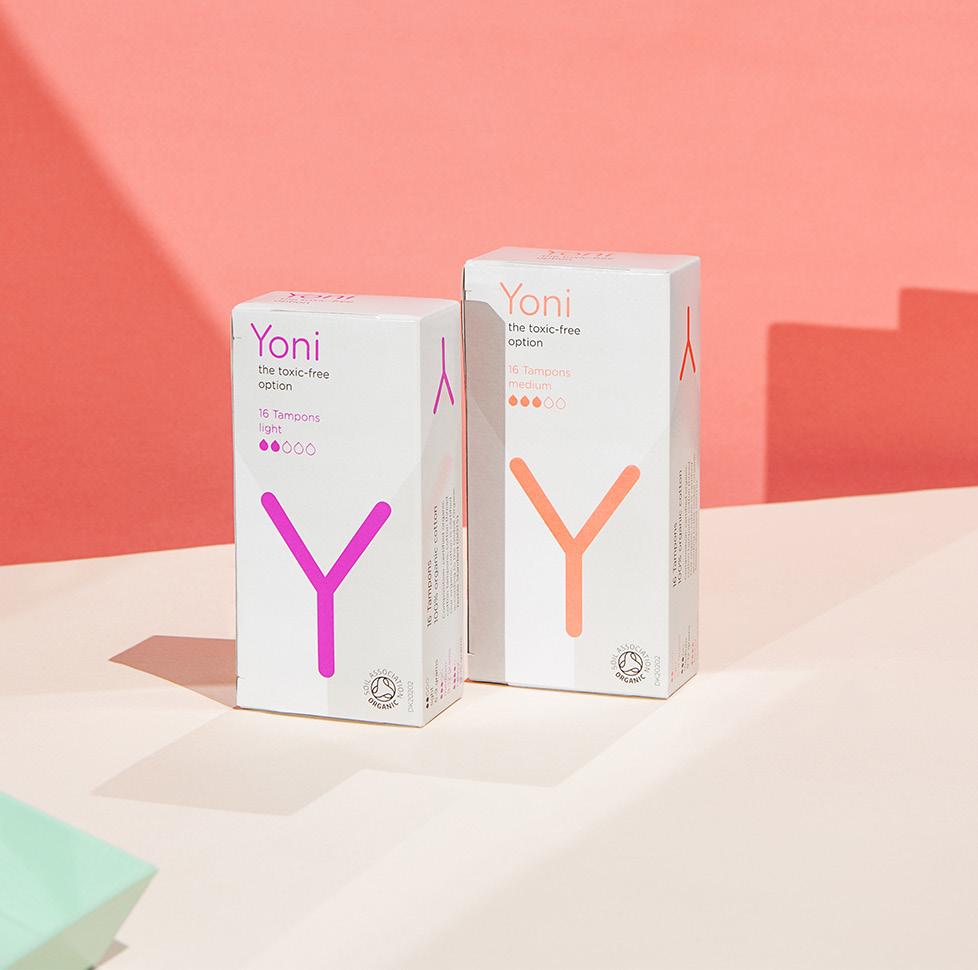
Bringing inclusive impact businesses to The Netherlands. Startup Visa is a program to support foreign impact startups that bring innovative solutions to the Dutch market. Spark and Know It Name It Love It (KINILI), two startups focused on inclusion, joined the program with Impact Hub Amsterdam as their facilitator. Spark’s online platform increases interaction between the old and the new generations. The startup leverages technology to contribute to an integrated society through an intergenerational sharing of talents, skills and experiences. KINILI provides workshops, training, and program support to educational institutions to help build better, safer and more inclusive academic communities. It helps unpack the taboos and biases that are barriers to positive and healthy educational environments.
Knowledge sharing events for an inclusive society. In 2019 and 2020, we organised a series of events to reduce inequality within communities and society. During our third edition of Heated Conversations, we dove into the topic of privilege and linked it to inclusion. We addressed the investment gap for women-led businesses and explored how to mobilise capital towards an equitable future during an Unpack Impact event organised with Amsterdam Impact. In the SDG Meetup Gender Equality and the SDG Meetup Inclusion, organised in collaboration with SDG House residents and CChange, contributors shared their experience on gender equality, empowering women, and contributing to an inclusive society. During a Young Impactmakers event, ‘How to thrive being (dis)abled’, we explored inclusion in the public space with young entrepreneurs dealing with change themselves. And in a Diversity and Inclusion Training for PurposeDriven Companies, we unpacked common challenges to achieving diversity and inclusion and helped develop solutions for overcoming them.
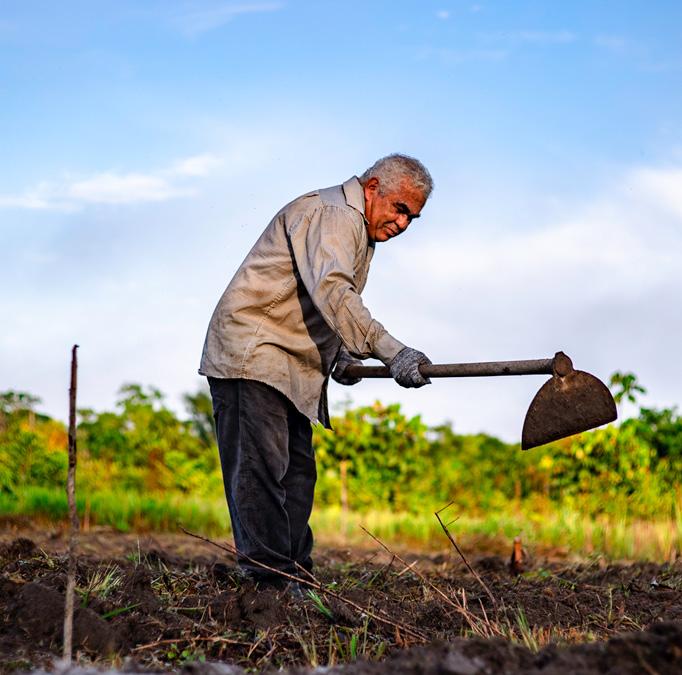

Mapping refugee and migrant entrepreneurship ecosystems in Europe. For refugees and other migrants, entrepreneurship offers a powerful opportunity to rebuild their lives and contribute to the economy and society. At the same time, support organisations can equip them with the business skills and access to networks to grow their businesses. Between January and June 2020, Impact Hub – with the support of The Human Safety Net – conducted research covering ten European countries to collect the good practices and achievements of both refugee and migrant entrepreneurs and the organisations that support them. The report concluded with concrete recommendations for building a more coherent support pathway for newcomer entrepreneurs. In December 2020, we conducted a validation workshop with a group of stakeholders who confirmed the need for an updated sector mapping to support practitioners in making informed decisions while developing support services.
Accelerator alumni working on inclusion and social integration. KLABU uses sports as a tool to support refugees. The startup opened its first sports club in Kenya’s Kalobeyei refugee camp in 2019. In 2020, KLABU partnered with French football team Paris Saint-Germain to set up clubhouses in refugee camps, starting in Bangladesh. Oma’s Soep organises cooking days bringing young and lonely older people together to make soup from surplus vegetables. From 2019, Oma’s Soep can be purchased in supermarkets like Albert Heijn and Spar. A Beautiful Mess, winner of the 2019 Tommy Hilfiger Fashion Frontier Challenge, offers apprenticeship programs – and thus a bridge to the job market – to people with a refugee background. Community platform Omek creates programs and events to encourage connection and collaboration for the African diaspora’s social and professional progress.
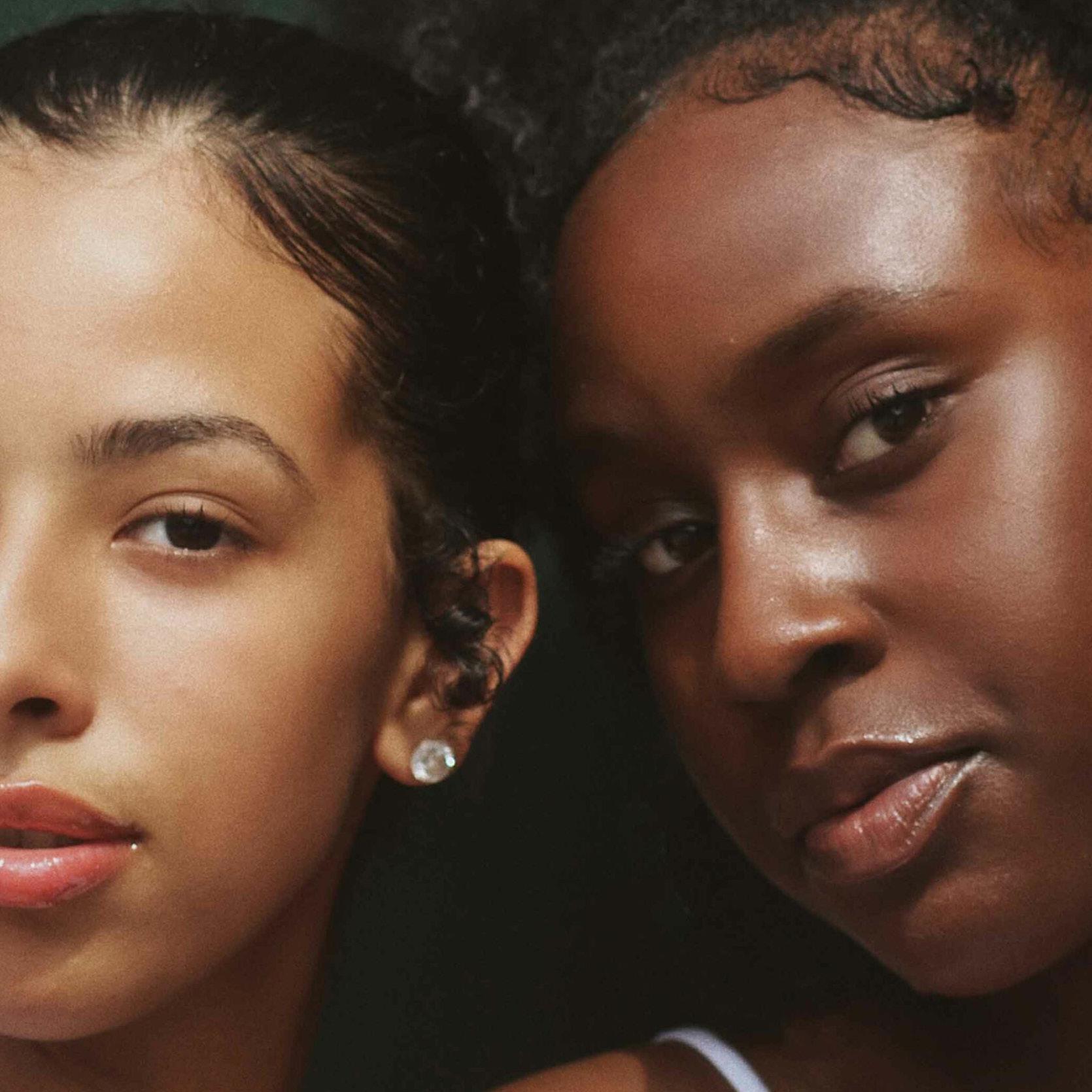
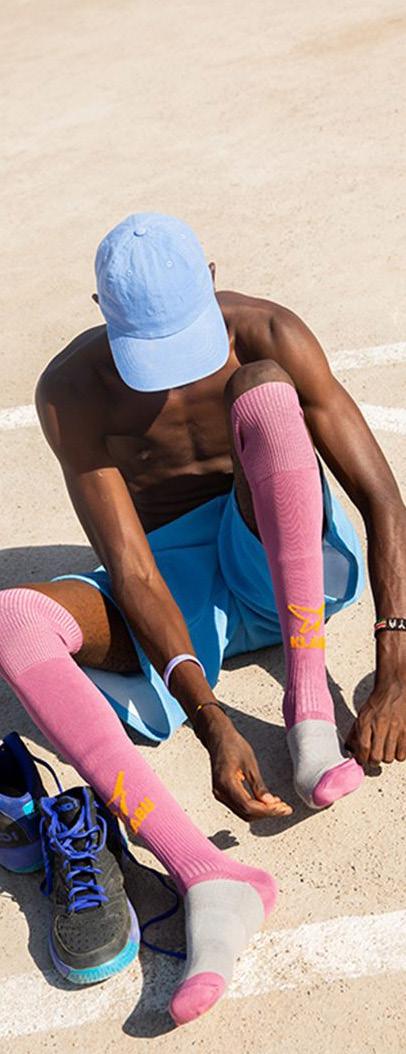
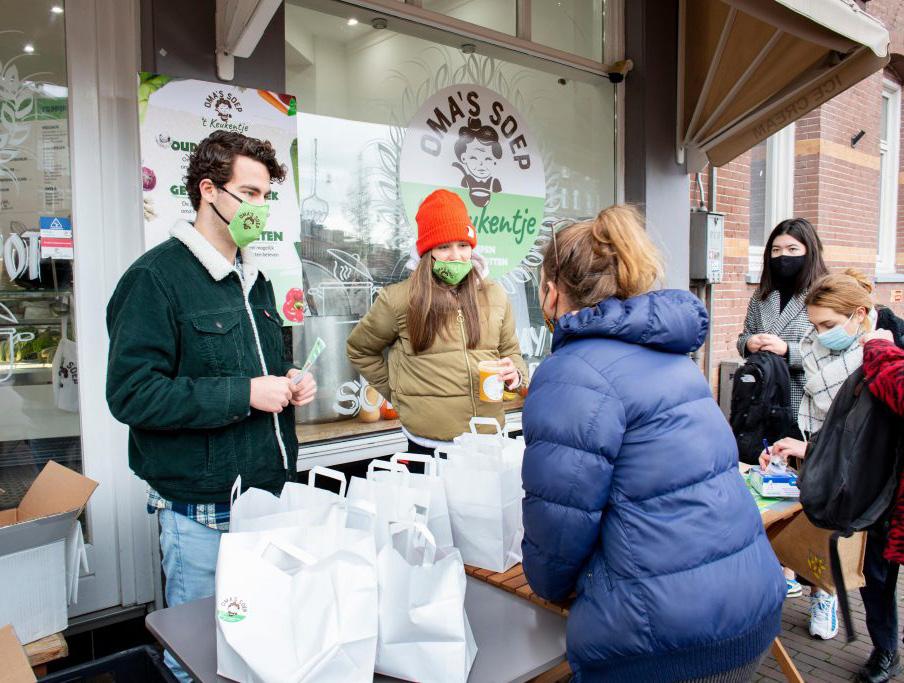
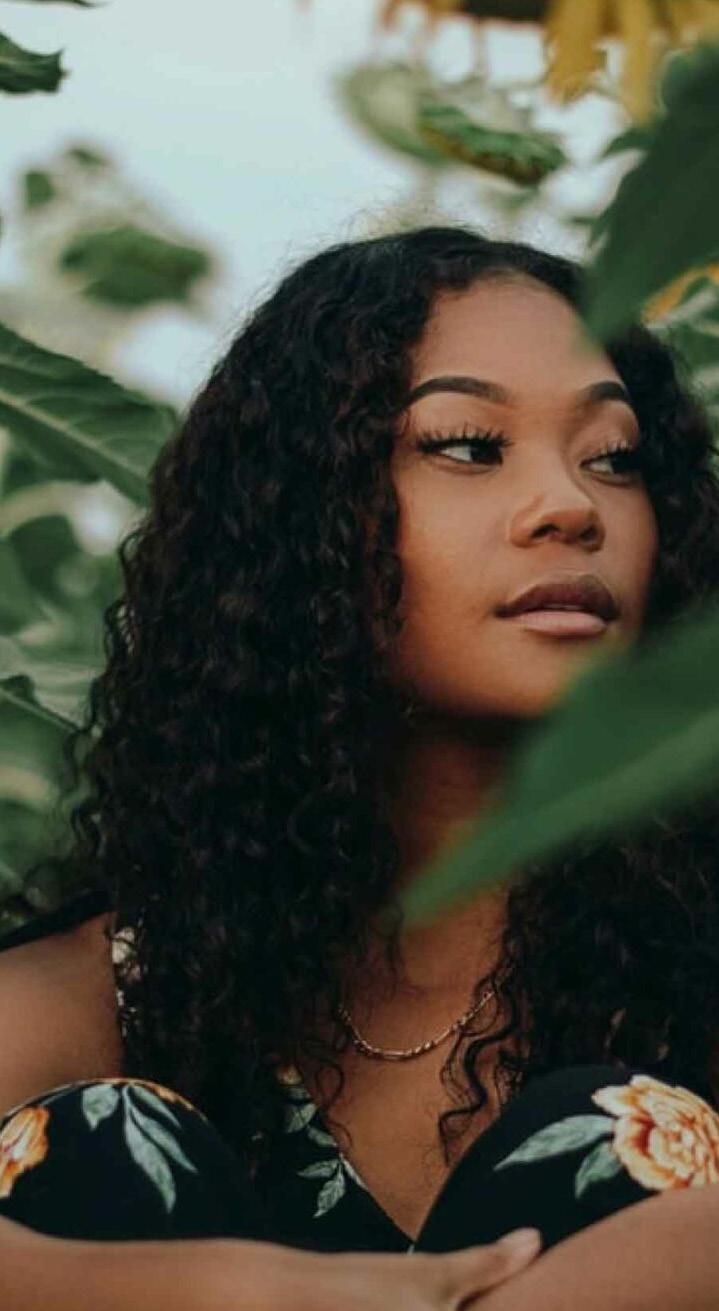
In addition to projects related to our food, fashion, circularity and inclusion ecosystems, in 2019 and 2020, we also worked with Dopper, The Student Hotel, Chivas Venture and Postcode Lotteries. These projects drew on our Source & Match service, where we connect businesses with innovators worldwide.
We scout impact innovation startups with solutions that can help solve sustainability challenges of organisations, SMEs, or investors, we provide support during the collaboration and implementation phases, and we run competitions or challenges to ignite change in the industry. Check out our highlights of 2019 and 2020.
Starting a revolution with Young Impactmakers. The Student Hotel (TSH) Changemakers Challenge is a competition that challenges students worldwide to team up on a real business case of a social enterprise. We collaborated with The Student Hotel and Young Impactmakers to work on innovative solutions on business cases scouted by our team for this competition. The case topics include fashion, food, sports, technology, and water. Some of the business cases of the TSH Changemaker Challenge 2020 included developing a plan to generate more awareness of plastic-free athletic apparel producer Iron Roots’ mission, creating a strategy for leftover vegetable pulp falafel FALAFVAL to deal with the logistics of scaling, and developing a sales strategy for slow-moving stock of social enterprise KLABU. The winning team was dubbed TSH Changemaker 2020 and won an international learning journey for its team members.
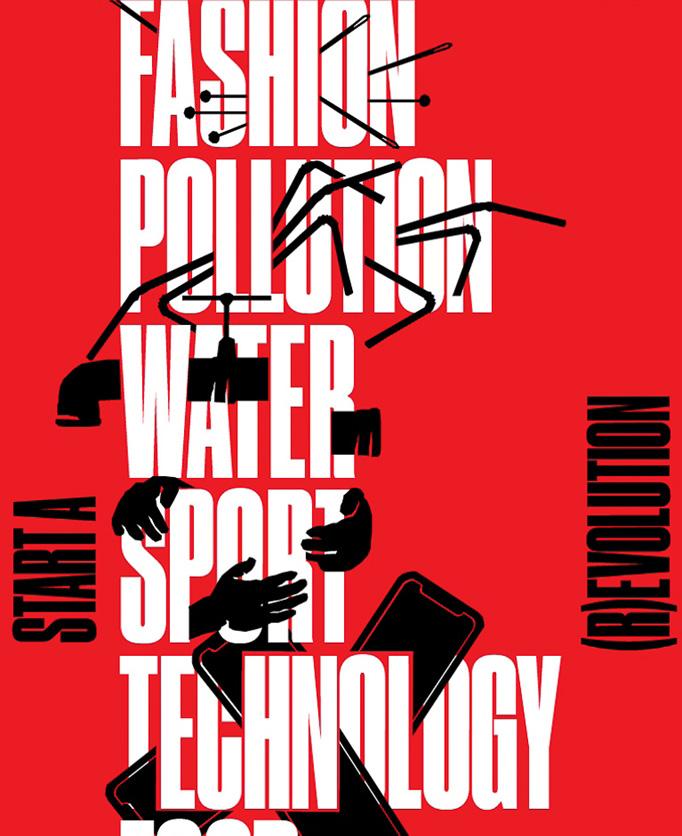
Blending purpose and profit for a positive impact. The Chivas Venture is an annual global competition supporting social entrepreneurs by awarding nostrings funding of $1 million. In 2019, Impact Hub Amsterdam scouted competition participants from 15 countries worldwide. The winners of the 2019 edition were Xilinat (Mexico), a startup turning agricultural waste into a low-calorie sugar substitute; SPEAK (Portugal), a linguistic and cultural program for migrant and refugee inclusion; and Tykn (Netherlands), a digital platform providing access to human rights through digital identities. Unfortunately, due to Covid, the 2020 final did not take place. Chivas decided to divide the $1 million prize equally amongst 26 finalists to make a positive impact at a trying time for people across the world.
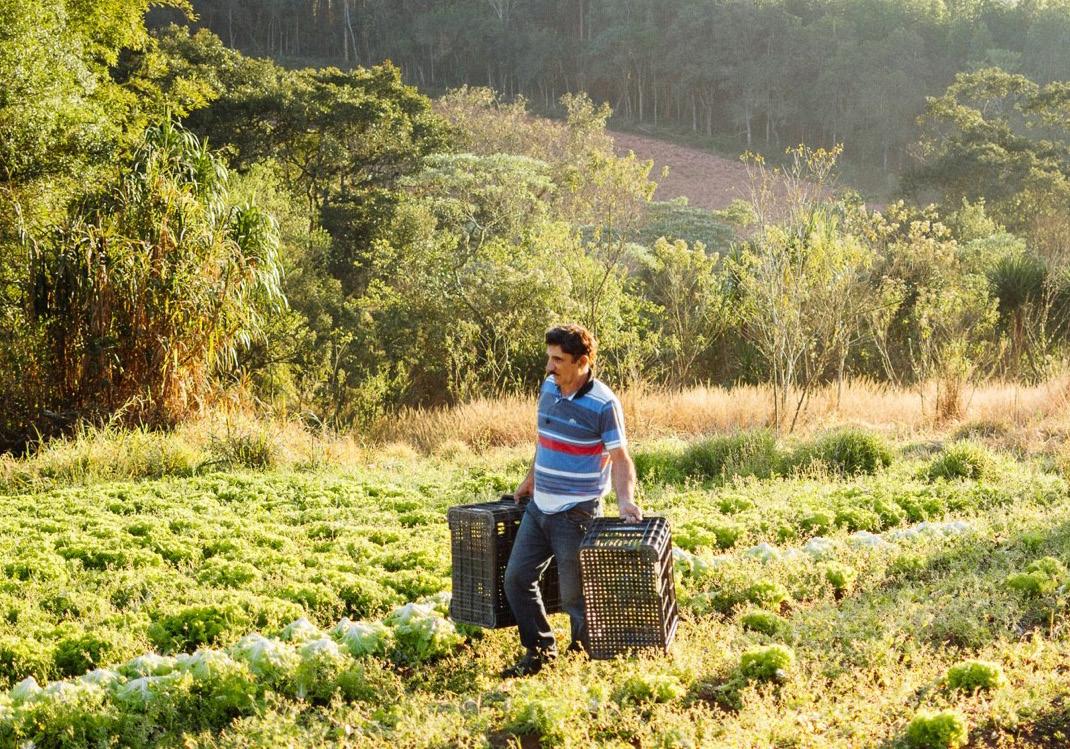
Students innovate for clean water in every ocean and every tap. For the third edition of the Dopper Changemaker Challenge, Dopper decided to go international and asked Impact Hub Amsterdam, Impact Hub Berlin and Impact Hub King’s Cross (London) to help them find the most innovative student ideas for a plastic-free future with crystal-clear waters. Dopper welcomed students from all disciplines to join the Changemaker Challenge. These young impact makers had to present their graduation project or thesis on clean water or plastic waste. The competition’s finals took place on a ferry in Amsterdam to emphasise the connection to water and Dopper. The winner received a research grant of €5,000 for the innovative project, got featured in the media, was invited on stage, and made valuable connections with relevant partners and organisations.
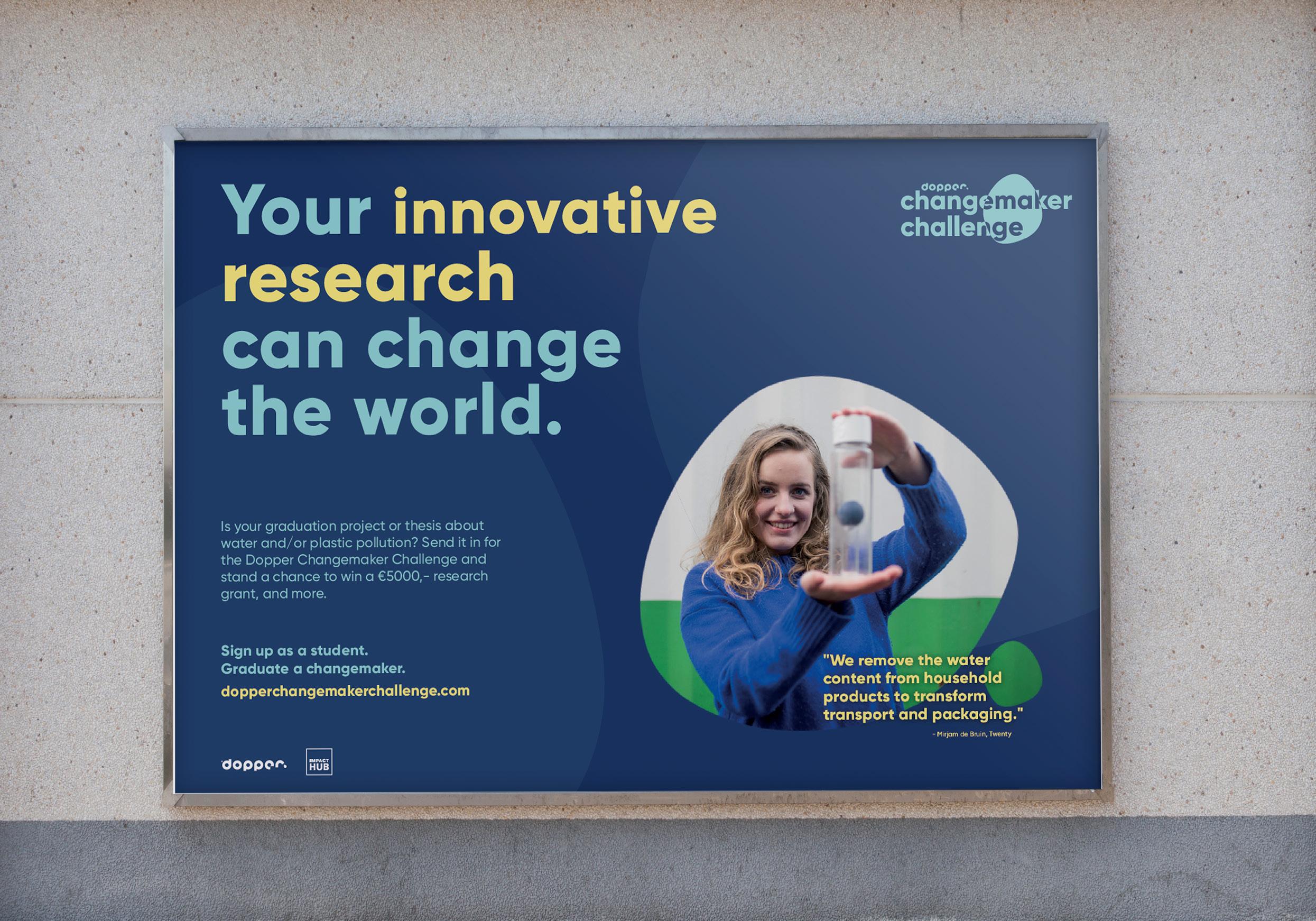
Scouting entrepreneurs with innovative business plans for a more sustainable planet. The Postcode Lotteries Green Challenge is an annual international competition that rewards startups from the Netherlands, Germany, Sweden, Norway or Great Britain that successfully combine sustainability, entrepreneurship and creativity. In 2019, Swedish Algae Factory – the only company in the world that cultivates microalgae group diatoms and sells their high-tech silica shells – won the competition. There is a total of €1 million in combined prize money for the five best startups. The winner receives €500,000 to develop the product or service further and bring it to market. In addition to the prize money, all finalists receive over six months of expert coaching to optimise their business opportunities. Impact Hub Amsterdam was proud to scout more than 40% of the applicants to the Green Challenge.
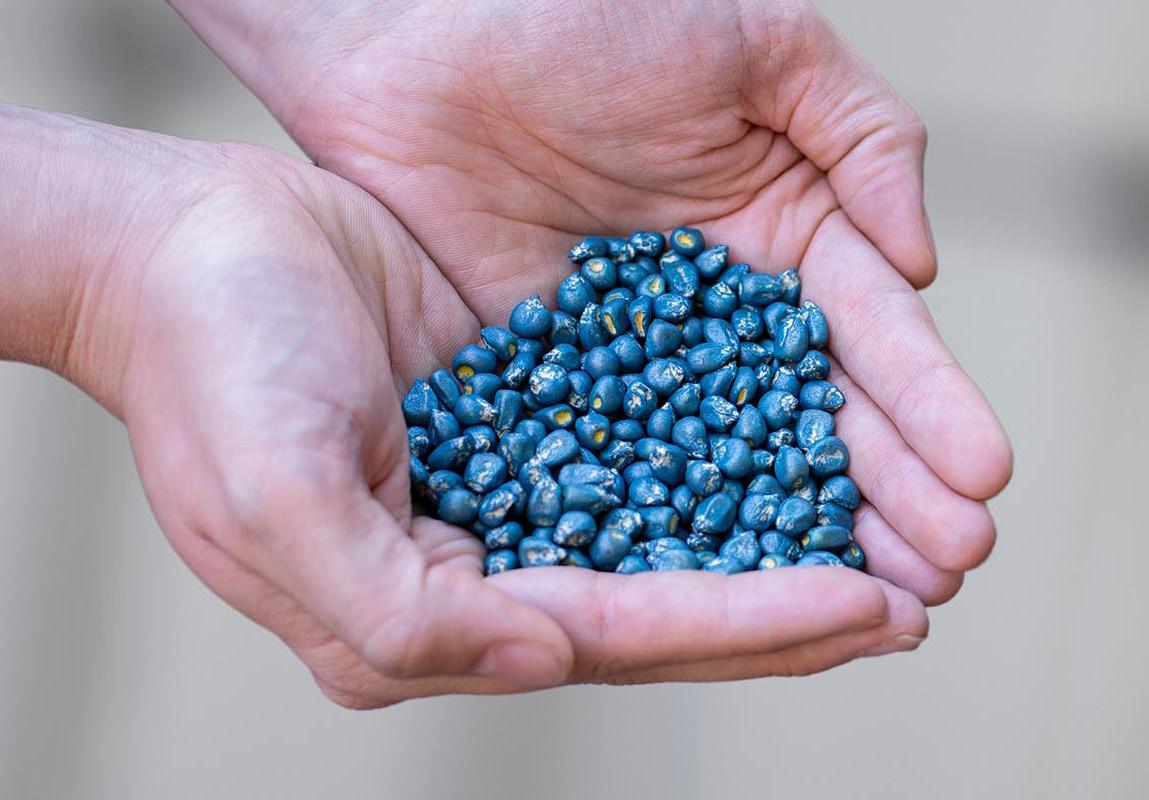
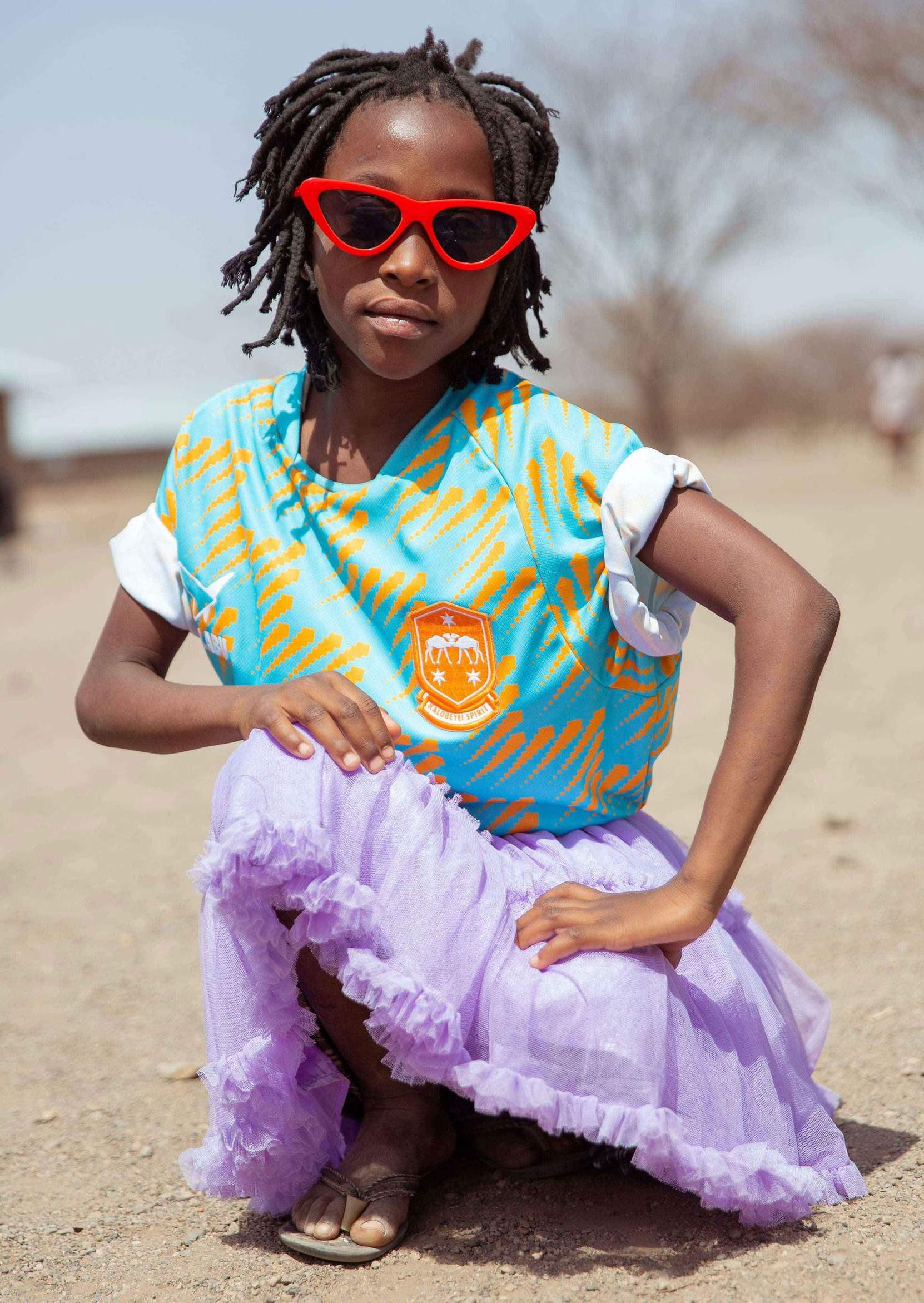
59 Countries Cities Open Impact Hubs
97 98
4 Impact Hubs in the making
16,500
Impactmakers
Sourced 471 entrepreneurs
In 2019, we helped 80 entrepreneurs and intrapreneurs to start, grow and scale their initiatives through our accelerators and innovation programs.
Our innovation and acceleration team identified over 470 entrepreneurs for client programs such as the Tommy Hilifiger Fashion Frontier Challenge and the Postcode Lotteries Green Challenge and inhouse programs such as our Investment Ready Program.
Our impact investing network, which ranges from large banks to private investors, foundations and venture capital firms, regularly comes together for the Demo Days of our acceleration programs.
In 2019, the numbers of innovators and organisations in our impact ecosystems grew by 26%.
The vast majority of our members (co-)founded the entrepreneurial initiatives they are part of.
Fully operational startups backed by their first investors
Enterprises ready for expansion to new (international) markets
Early stage startups building their scalable business models
In each of our surveys, our members reflect on which entrepreneurial needs were most important to them in that particular year, as well as the degree of support they received from Impact Hub. Knowledge
62,5% 63,2% 71,7%
Connected to advisors and experts
60% 64,6% 77,3%
Learned how to start a new project or venture Gained visibility and credibility partnered and collaborated with other members
The entrepreneurial initiatives of our members create social, environmental and financial value at once. In other words, our members do good while doing business. By reaching more customers with their products/services, they make a significant contribution to the societal issue they want to solve.
Our members generate most of their revenue from product/service sales, as opposed to donations and subsidies, proving the viability of their entrepreneurial solutions.
Please note: Most of our memberspecific insights are based on the 2020 Global Member Survey, which asks members to reflect on their 2019 activities. The survey took place in the first quarter of 2020, with results compiled and validated by the Vienna University of Economics and Business.
Our members collectively contribute to all 17 Sustainable Development Goals (SDGs). Their entrepreneurial solutions typically help to achieve two or more interconnected SDGs, thus creating greater impact. In 2019, these were the 5 SDGs most commonly found among the impact areas of our members.
In 2020, we helped 391 entrepreneurs and intrapreneurs to start, grow and scale their initiatives through our accelerators and innovation programs. Our innovation and acceleration team identified 337 entrepreneurs for client programs such as the Postcode Lotteries Green Challenge and inhouse programs such as our Investment Ready Program.
Our impact investing network, which ranges from large banks to private investors, foundations and venture capital firms, regularly comes together for the Demo Days of our acceleration programs.
In 2019, the numbers of innovators and organisations in our impact ecosystems grew by 26%.
In 2020, the numbers of innovators and organisations in our impact ecosystems grew by 20%.
In challenging times brought on by the Covid19 pandemic our members focused on successfully pivoting their business models,
making much needed impact in the communities they serve, and continuing to strive towards a new economy that works for all.
Given that our members poured all of their efforts into their impact enterprises, many did not have the time and resources to
fill in the Global Member survey. As a result, we did not have a large enough sample to share our community’s 2020 impact metrics.
Stay tuned for 2021 metrics and follow the latest updates from our entrepreneurial ecosystems!
ABN AMRO
Accenture
Amsterdam Impact
Art up
B Lab
BMW Foundation Herbert Quandt
Boston Consulting Group,
Brave New Foods
Cartier
CChange
Chivas Venture
Circl
CIRCO
De Brauw Blackstone Westbroek
Dopper
DRIFT
Dutch Consulates in Istanbul
Miami
Dutch Postcode Lottery
European Commission
EY
Fashion For Good
Food Hub
Friends for Brands
Goldschmeding Foundation
Goodup
Havenbedrijf Amsterdam
Hogeschool van Amsterdam
Impact Hubs Berlin, Istanbul, KIngs
Cross, Vienna
Impact Hub Global
ING Nederland Fonds
Innofest
Karin Granner MA
Kitchen Republic
Limelights
Metabolic
Ministerie van Landbouw, Natuur en Voedselkwaliteit
Narrate
OMEK
Provincie Noord-Holland
PwC
PYMWYMIC
Roche
SDG House
Soapbox
Social Enterprise NL
State of Fashion
Starters4Communities
Stichting DOEN
Stichting Albron
Taskforce Korte Keten
Tommy Hilfiger
The Next Web
The Student Hotel
Transitie Coalitie Voedsel
Triodos Bank
Wessanen
What Design Can Do Young Impactmakers
And all our community members!
Alexandra Lomo Melian
Alice Schimmelpenninck
Anna Kuiper
Brecht Visser
Brittany Burns
Catalina Iorga
Charley Snoek
Daniëlle Roosen
Elise Ruijter
Etienne Fournier
Evan van der Holst
Evelien Janson
Frederik van Droffelaar
Henrike Slob
Ilse Kwaaitaal
Jennifer Duursma
Krisje Tellers
Lars Aalders
Loes Hilte
Loes Voogt
Questions about our services?
Lotte Sonnevelt
Manon Klein
Marieke van den Berg
Marilou Bueren
Maxime Weidema
Michelle Ybanez
Odile Vermeulen
RobertNiels van Droffelaar
Romee Erens
Rutger de Rijk
Sabrina Dekkers
Skyla Rabadi
Stijn Quast
Tatiana Glad
Thijs Hoogenstrijd
Vincent van Triest
Yeliz Said
Zoë Kuik
And our many amazing interns!
Contact us via amsterdam@impacthub.net
Want to become a member? Sign up here
Want to get to know the latest from our ecosystems?
Go here and sign up for our newsletter

